Giving Voice
Blogs
08.24.2015
Celebrate the season of love with Revels FRINGE at Club Passim, featuring Sophie Michaux and Adam Simon!
Buy TicketsBlogs
08.24.2015
Because I make my living at it, I took the “novel-writing” skill-set to be a comprehensive toolkit for creative fulfillment. Or at least for my creative fulfillment. Having done time as an actor, director, and screenwriter, I was pretty confident that the novel-writing groove was my one true Happy Place.

Then unexpectedly, at the age of 49, I became an alto. Talk about a game-changer.
For my first 48 years, I self-identified as soprano, which was code for, “On a good day, I can sort of sing the melody maybe, if I already know it.” I wasn’t a singer. It began as a lark, a fluke: my husband Billy Meleady had a leading role in the Christmas Revels Victorian (2014) show, so on a whim I auditioned for the chorus – and (to my astonishment) got in. As an alto. As a what?! That meant I’d have to sing the harmony, not the melody. I had never done that, ever, in my life – and now I’d be doing it at Sanders Theatre in front of 1200 people a night. What on earth was George Emlen thinking?
Singing harmony in The Christmas Revels chorus snatched my toolkit from my hand, yanked me out of my groove, and hurtled me 180 degrees away from my Happy Place, leaving me disoriented and bewildered.
It was fantastic.
I’d never thought to inventory the Unavoidables of Long-Form Fiction until I encountered the Unavoidables of Choral Singing and realized they were each other’s perfect counterpoints. One thing (among many) I learned to appreciate in choral singing: counterpoint is awesome. Following are some examples of how doing the opposite of My Most Favorite Thing Ever also ends up being… My Most Favorite Thing Ever.
Executive function. When you create and populate a world, and determine its characters’ motivations and behaviors, you’re playing God. You’re the ultimate CEO. Yes, creativity draws upon the right side of the brain, but structuring an entire book requires a lot of left-brain effort. The buck starts and stops with you.
Counterpoint: When singing in a chorus, you give up executive functioning to the music director or choir master – he, not you, calls the shots. Somebody else’s left brain is running the show. You’re not generating, you’re just interpreting. Take off your God Hat for awhile – it doesn’t belong in this rehearsal. Doesn’t that feel better?
Distinctive Voice. Every writer has a particular tone, approach, patter, point of view, call it what you will. A good author, without being precious about it, is hip to their own distinctiveness and nurtures it. Huge responsibility, that.
Counterpoint: There are some amazing soloists in a good chorus – but most important is that your voice blends well with others. Unlike nonverbal pastimes (gardening, cooking, sports), you’re not taking a break from logocentric expression – just from the pressure of making your logocentric expression stand out as “something special.”
Work alone. Even when you have collaborators, writing a novel consists mostly of you sitting down all by your lonesome, and just doing the damn work. Hour upon hour, day after day.

Counterpoint: Except for procreative sex, singing in harmony is possibly the only human activity that by its very definition cannot be done alone: you cannot sing in harmony by yourself. Other people are innately a part of the experience.
Focus Inward. I listen to the rooster crowing outside, and appreciate the smell of the roses, and pat my dog, and thank my awesome husband for bringing me a perfect cup of tea, but these are all distractions. The best work happens when nothing outside of myself requires my attention. (Ideally for days at a time.)
Counterpoint: As a choral singer, the last thing you want to do is get lost inside your own head. Listen to what’s going on around you. That’s where the action is, on the other side of your ears from all the writerly stuff. Be in this moment, here and now. Pay attention, don’t shut it out. Your inner monologue just gets in the way.
Forget your body. When you write, you glue yourself to the seat, sharpen the pencil or charge the laptop – or perhaps get on your walking treadmill or settle in with your voice-recognition app. Get your body comfortable and then, if you’re lucky, forget it exists for a few hours.
Counterpoint: Multiple studies from Canada to Australia have measured the positive effects of singing on the body. It works many core muscles and beneficially affects other bodily systems. In short: singing is the lazy person’s extreme sport. By the end of the writing day I feel the need for exercise; by the end of rehearsal, I feel exercised.
Embrace permanence. Writers work toward something that will eventually be set in print. Once a book is published, that’s the book. You cannot keep writing it, and even if you wish you could disown it, it will still exist.
Counterpoint: Music is ephemeral. Once you’ve sung the song, the song is over. Even if you’re recording it, that’s literally just a record of it, not the thing itself. In writing, the writing and the written are enmeshed. At the end of the writing day, I have something I can return to later to continue. At the end of rehearsal, all I have is the experience of having sung.
Coda: The relationship between Novelist-Happy and Choral-Singer-Happy is not a competition. They’re in harmony. There is resolution between them. And as polar opposites go, they mirror each other beautifully, for both are creative acts designed to give voice to something within oneself. These two things happen to be my polarity. Whatever your bliss is, find its counterpoint and enjoy the harmonizing.
Nicole Galland’s sixth and most recent novel (loosely based on her husband, Revels actor Billy Meleady) is Stepdog. Her debut novel, The Fool’s Tale, is set in medieval Wales – a land she became enchanted with from reading Susan Cooper’s The Dark Is Rising series as a youngster.

Read More
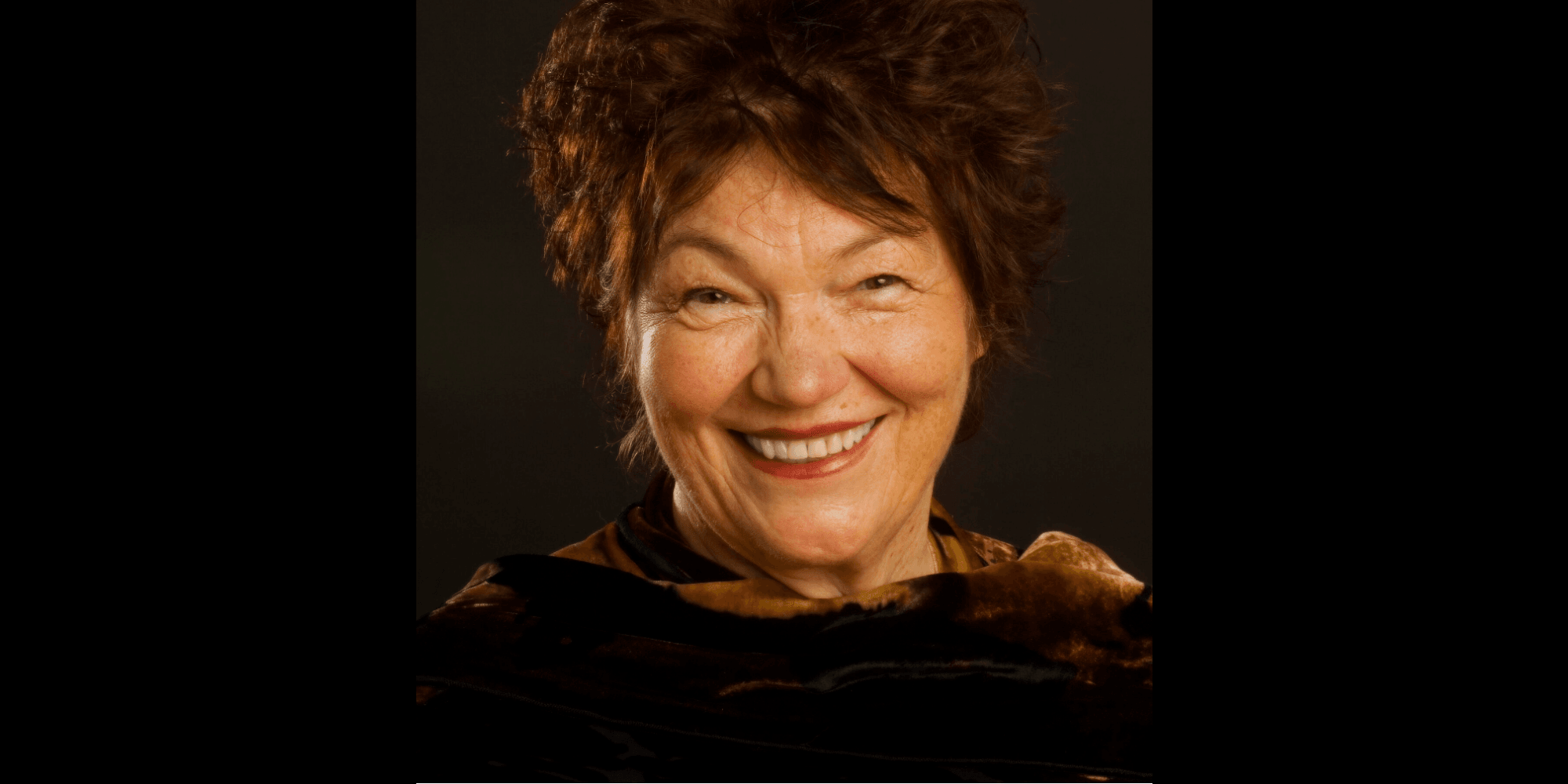
Read More
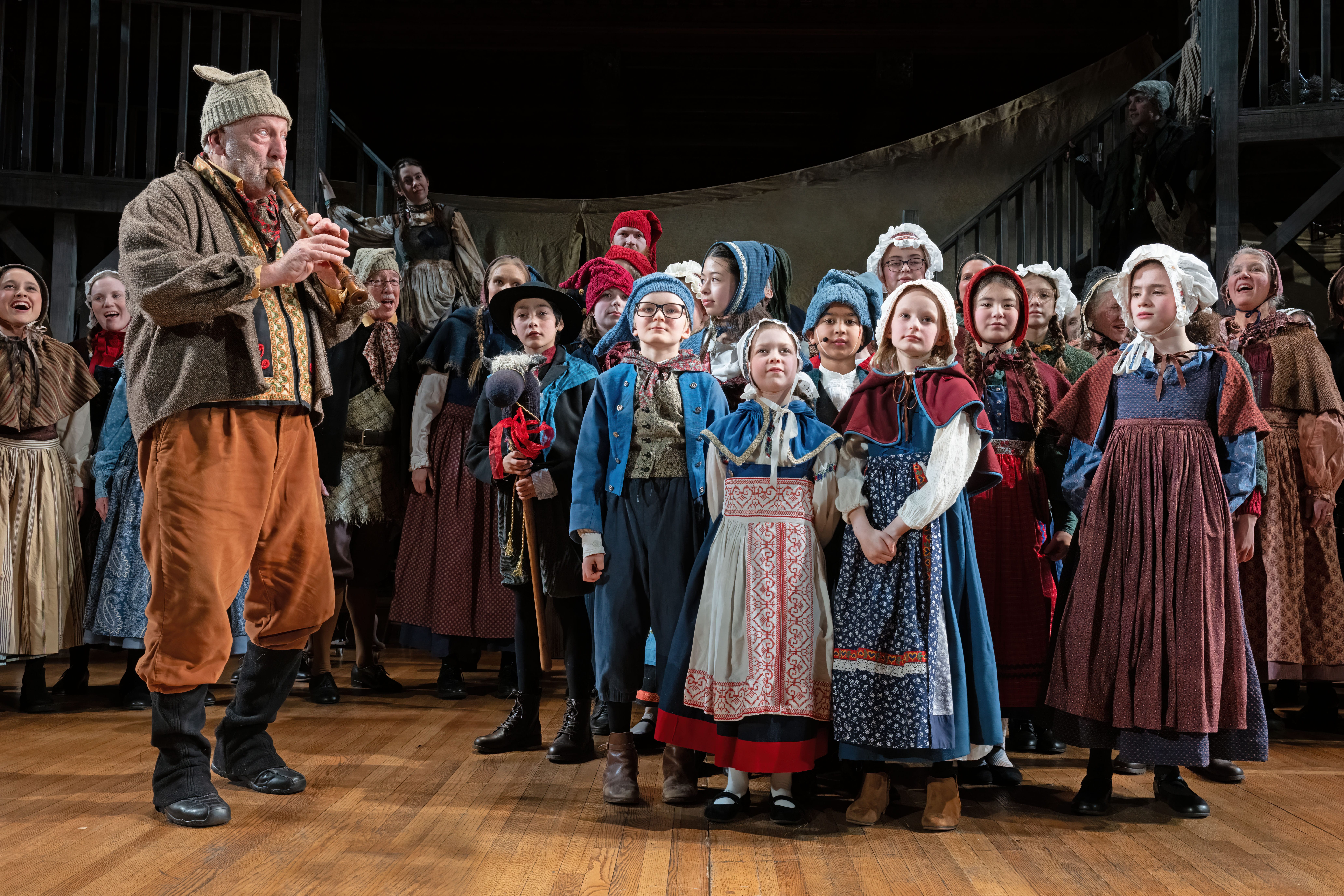
Read More

Read More
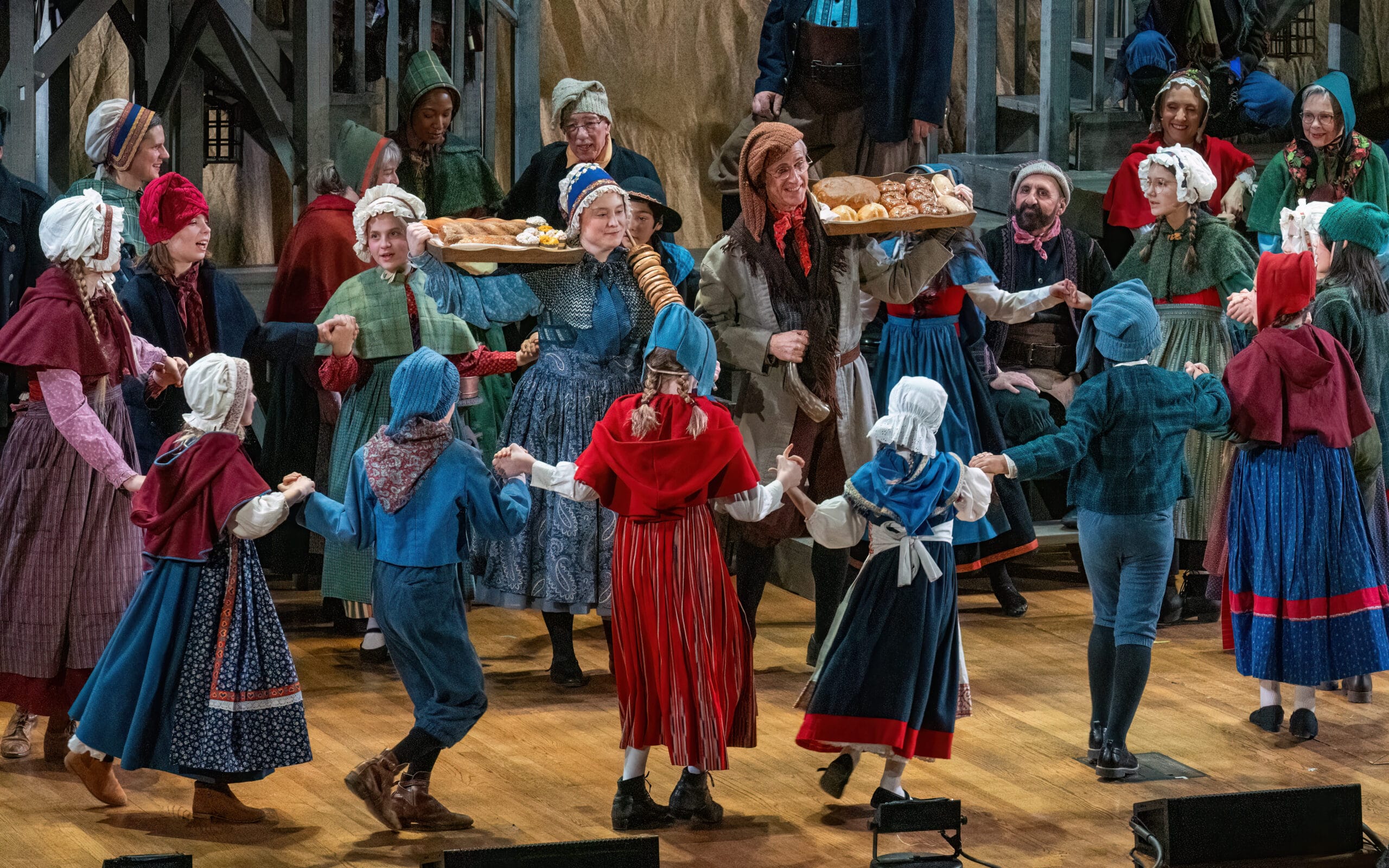
Read More
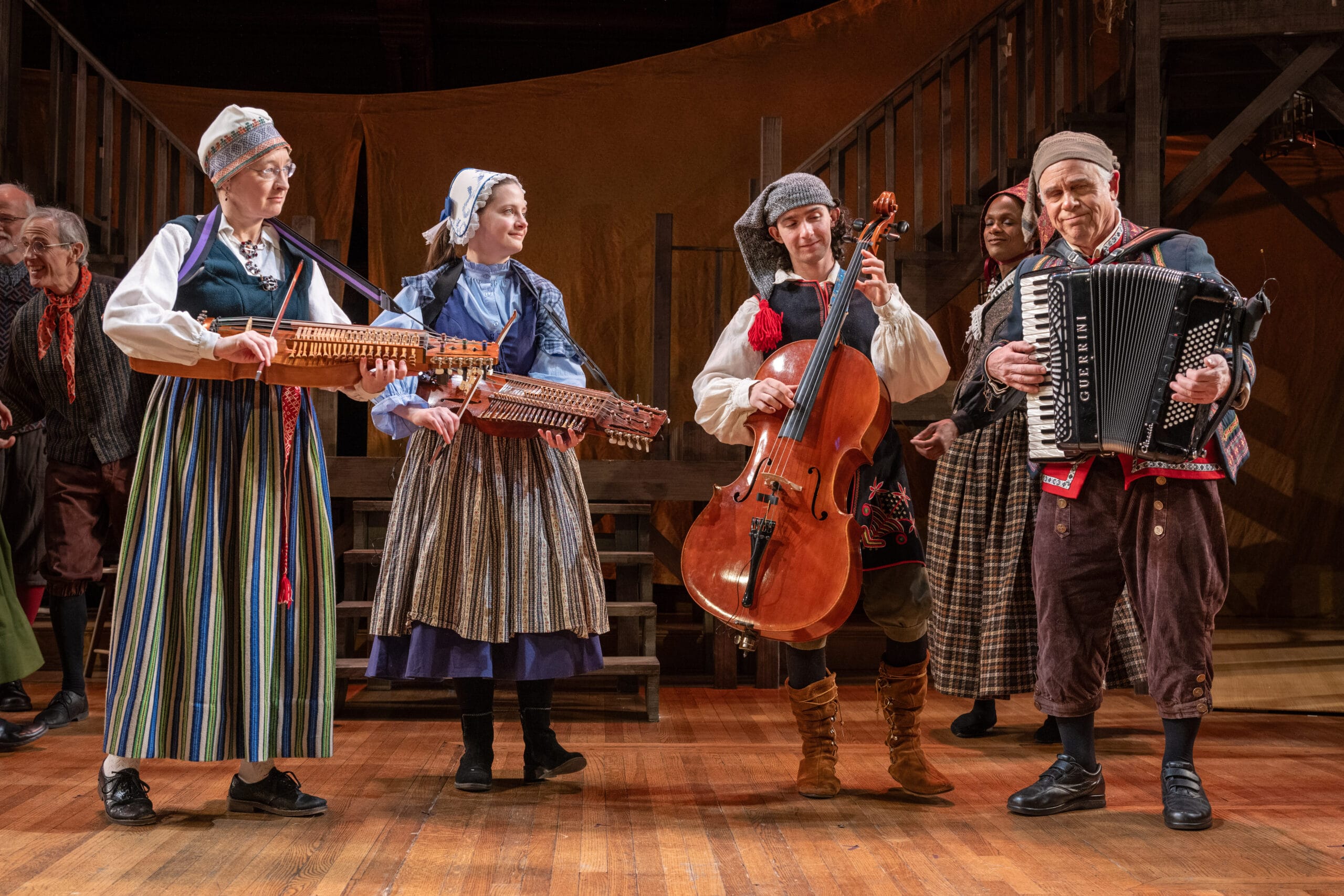
Read More
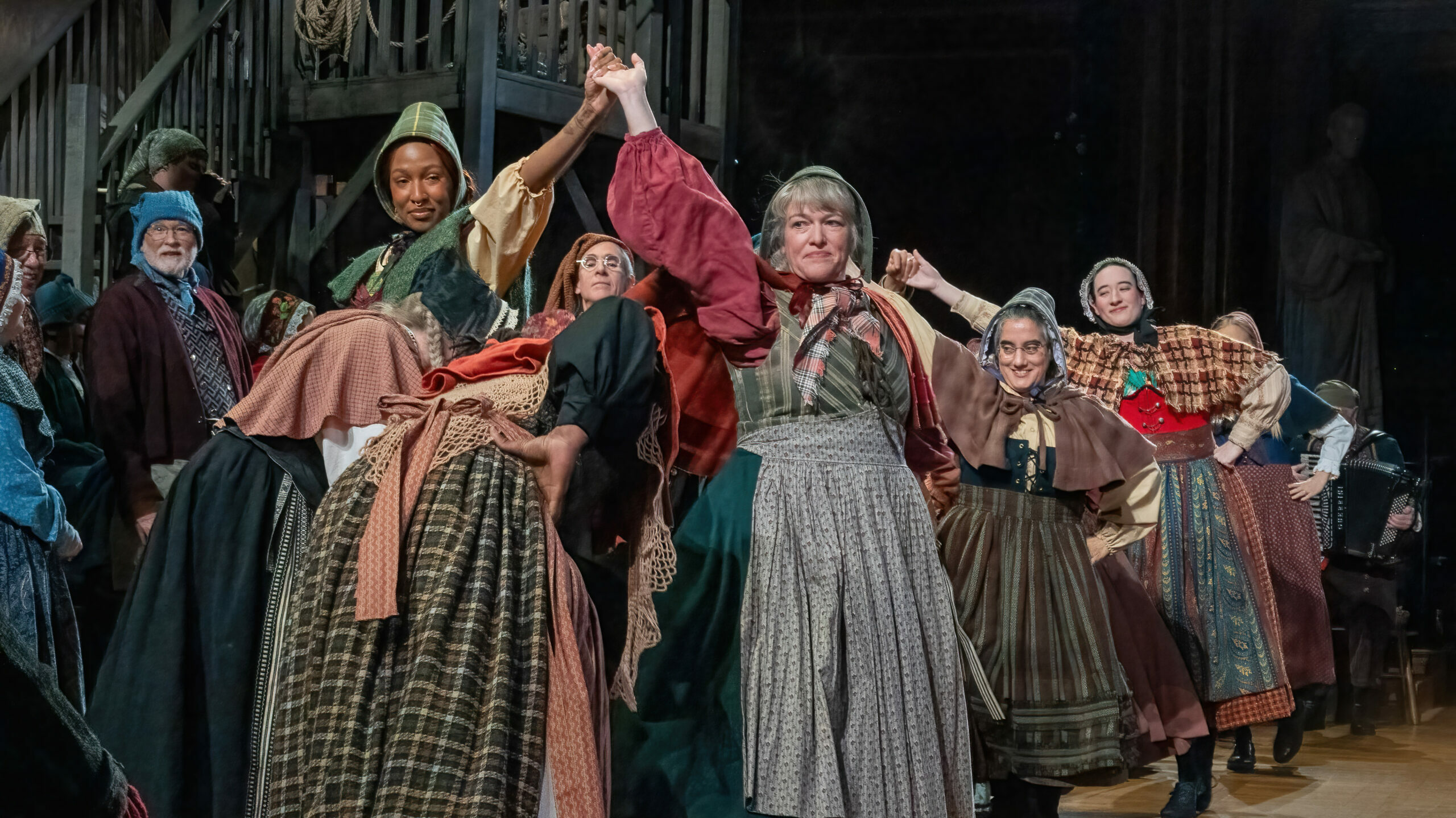
Read More
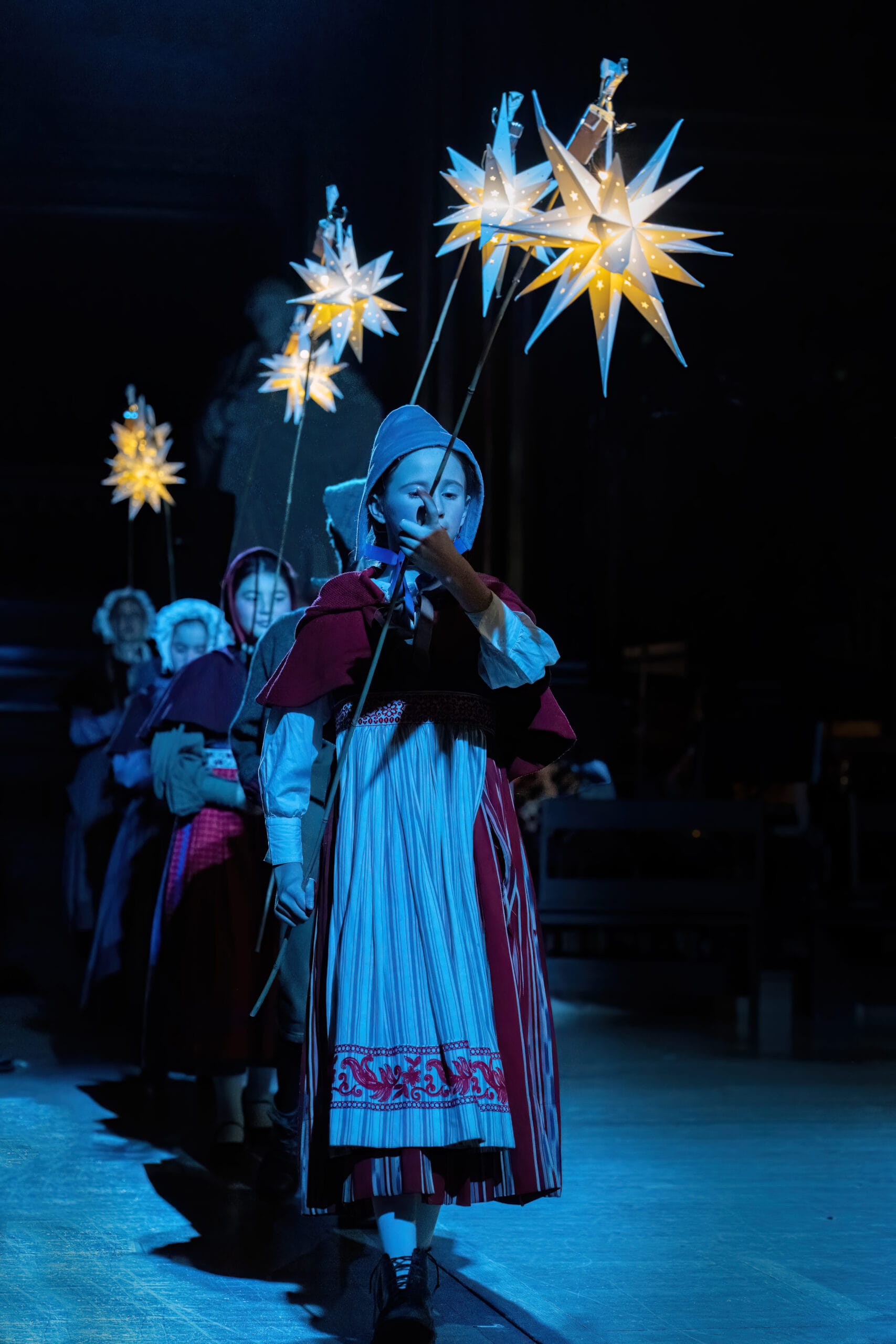
Read More
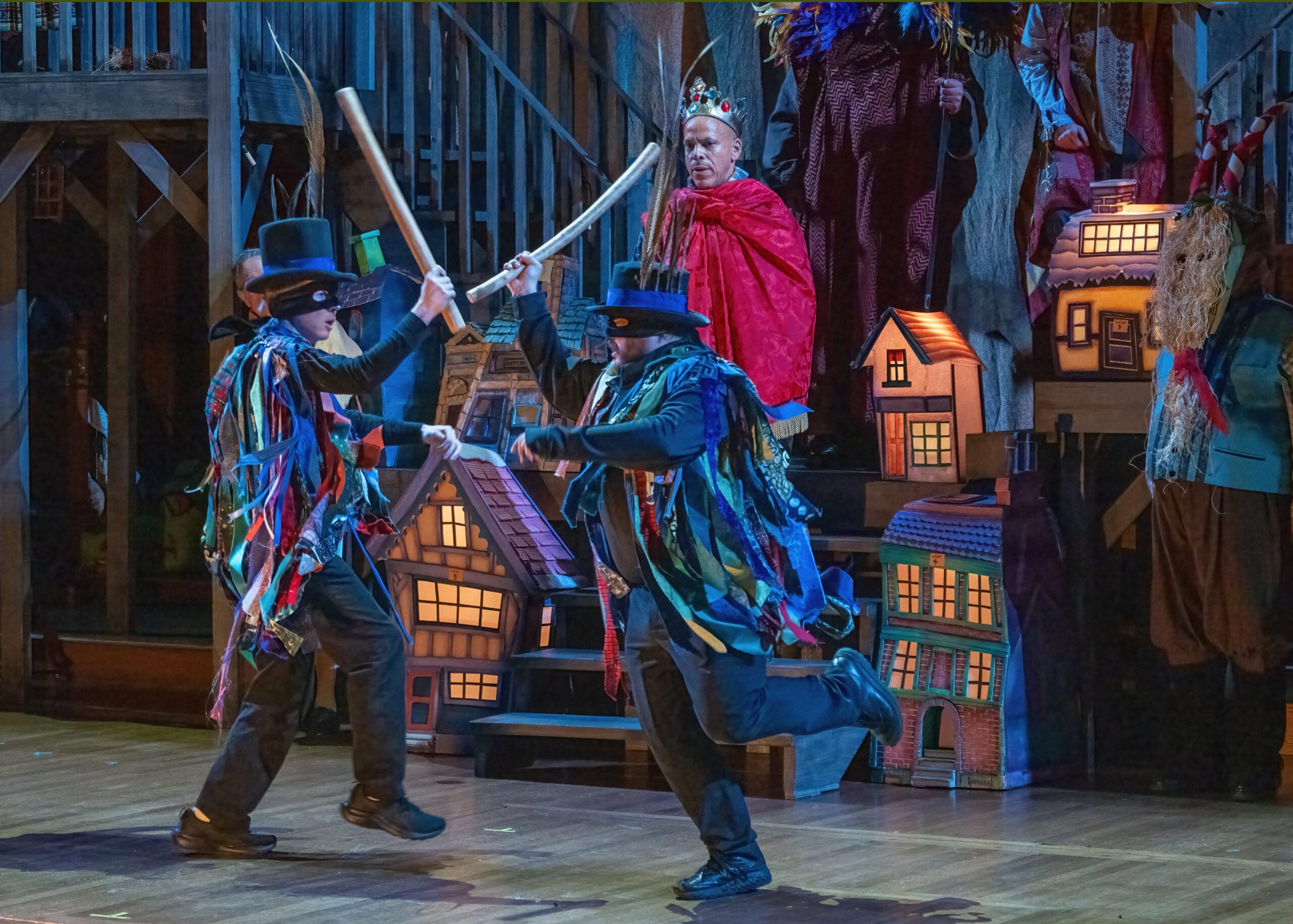
Read More
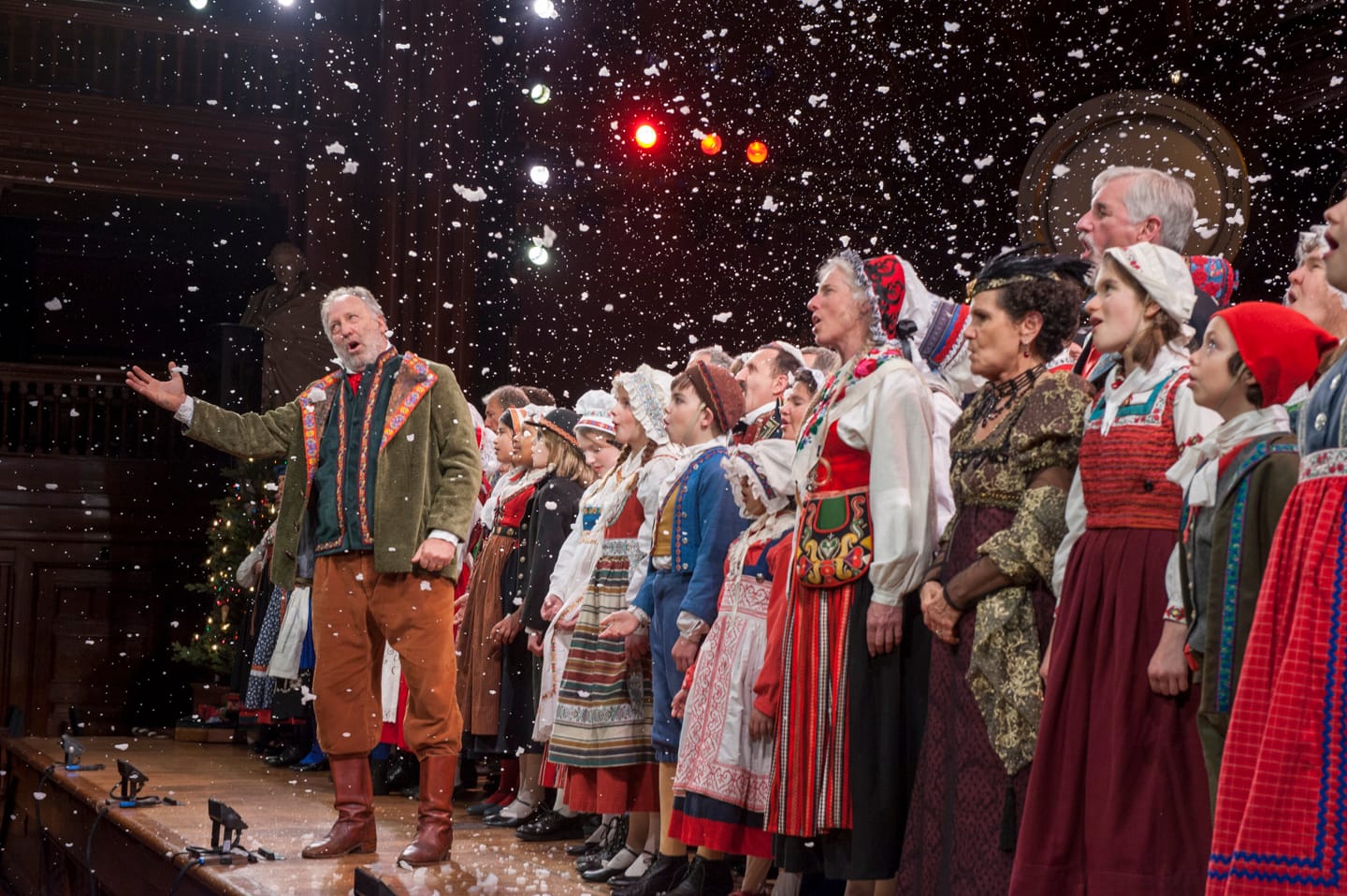
Read More

Read More

Read More
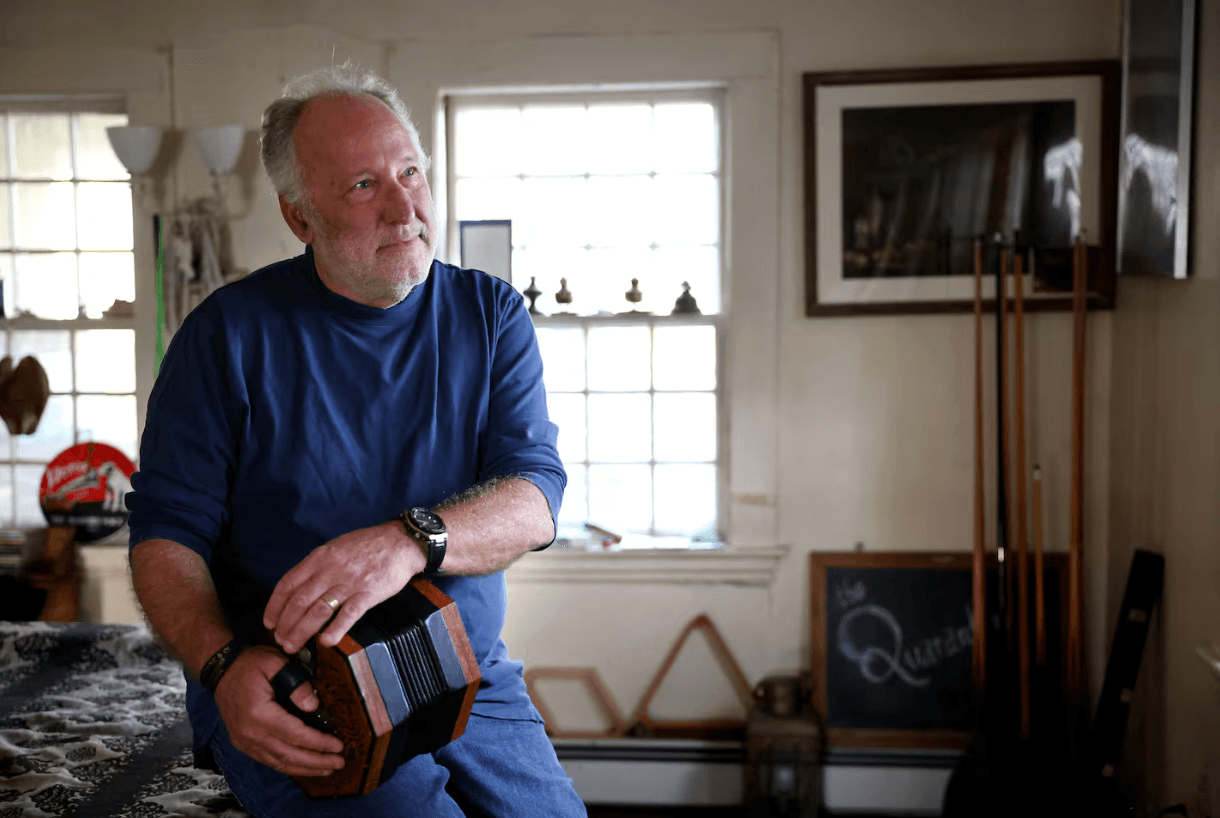
Read More
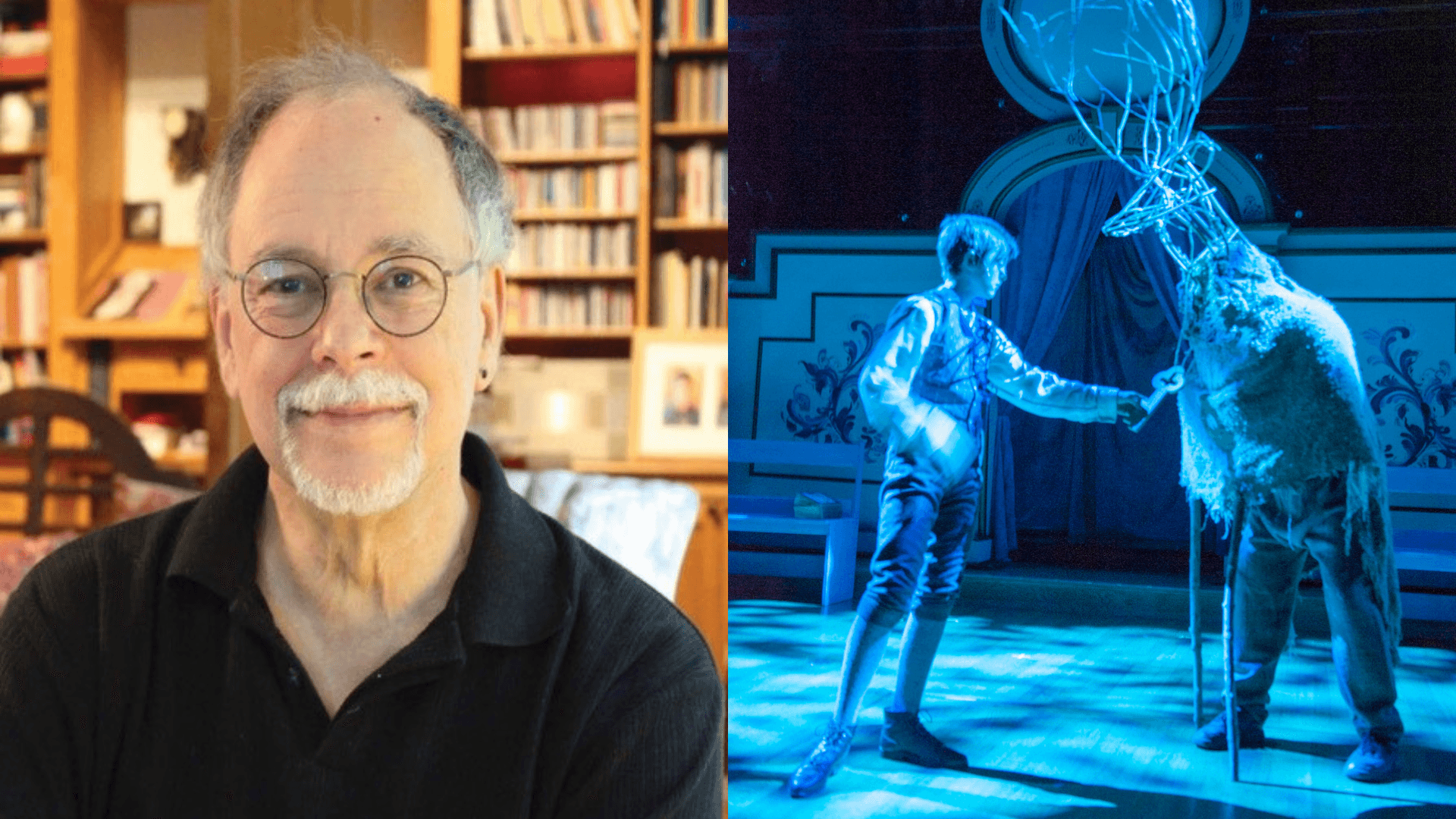
Read More

Read More

Read More

Read More
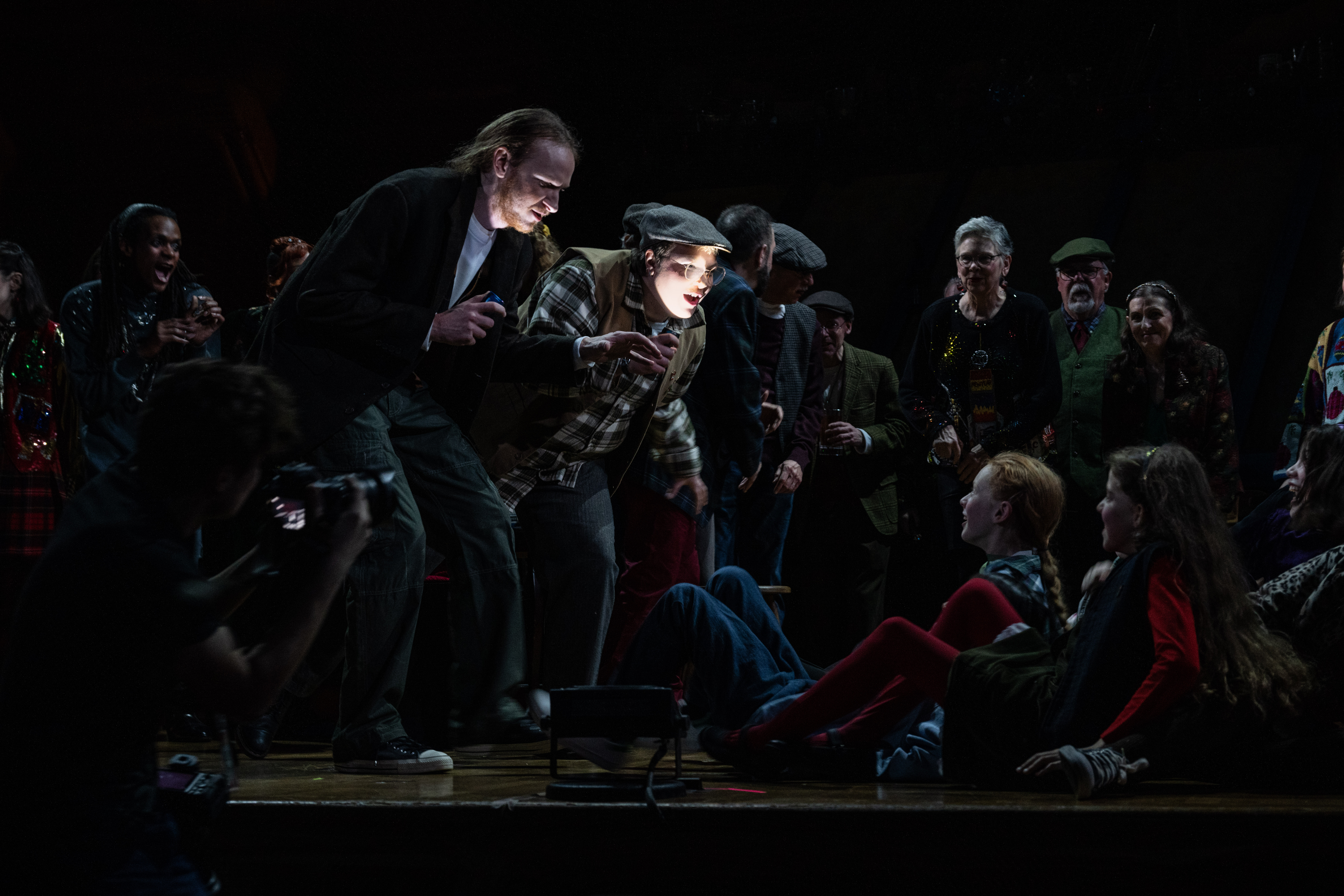
Read More

Read More

Read More

Read More
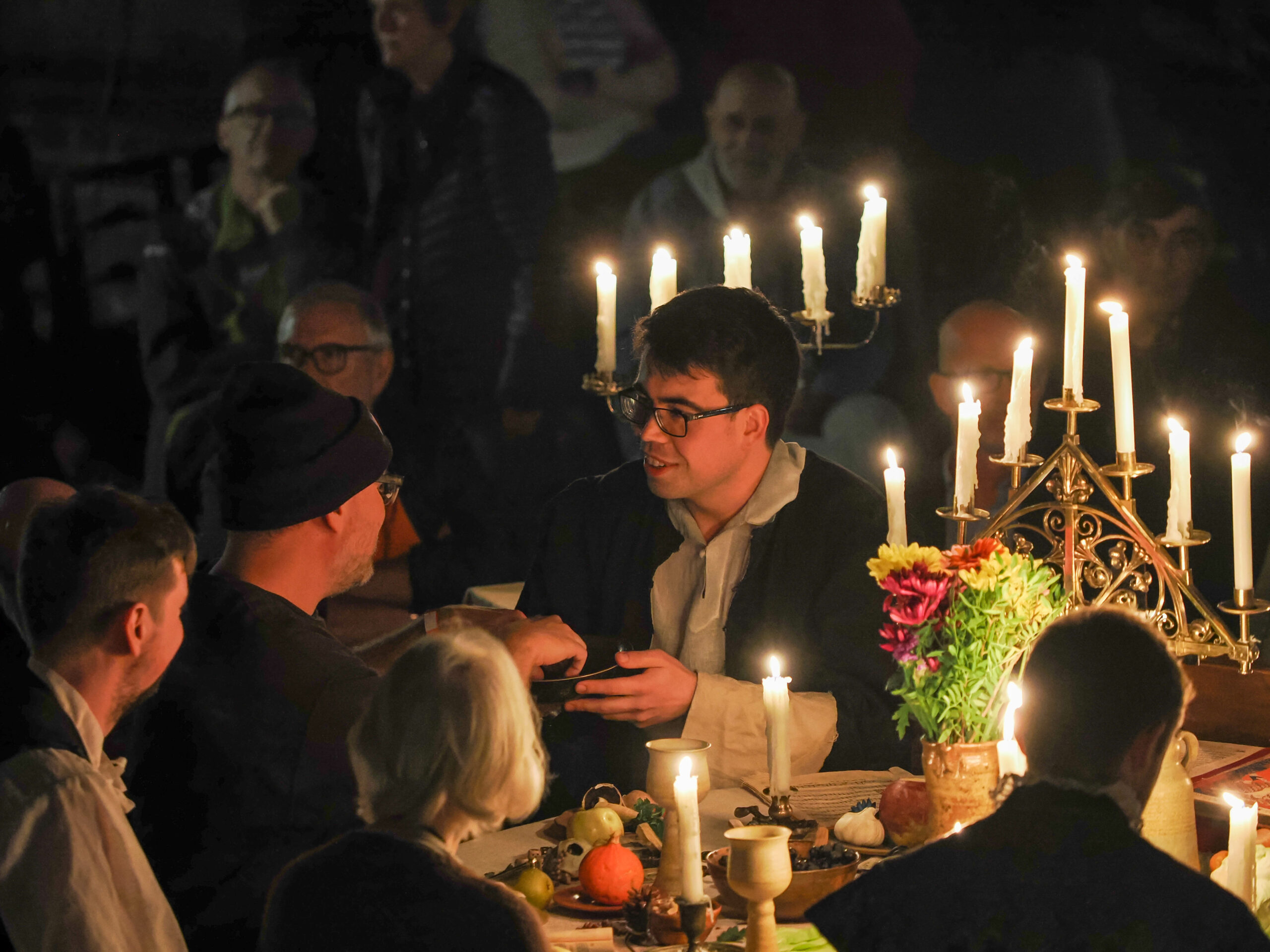
Read More
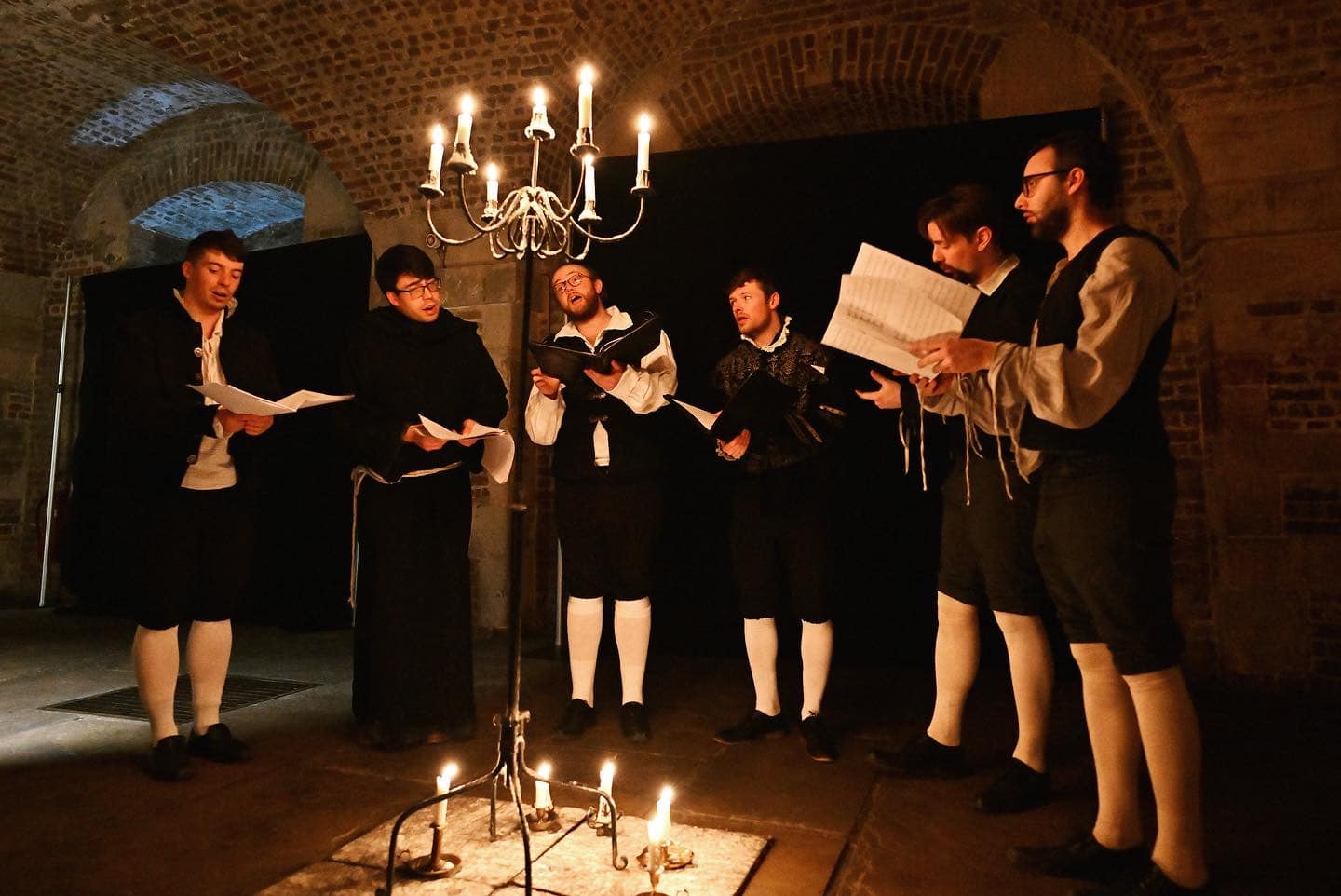
Read More
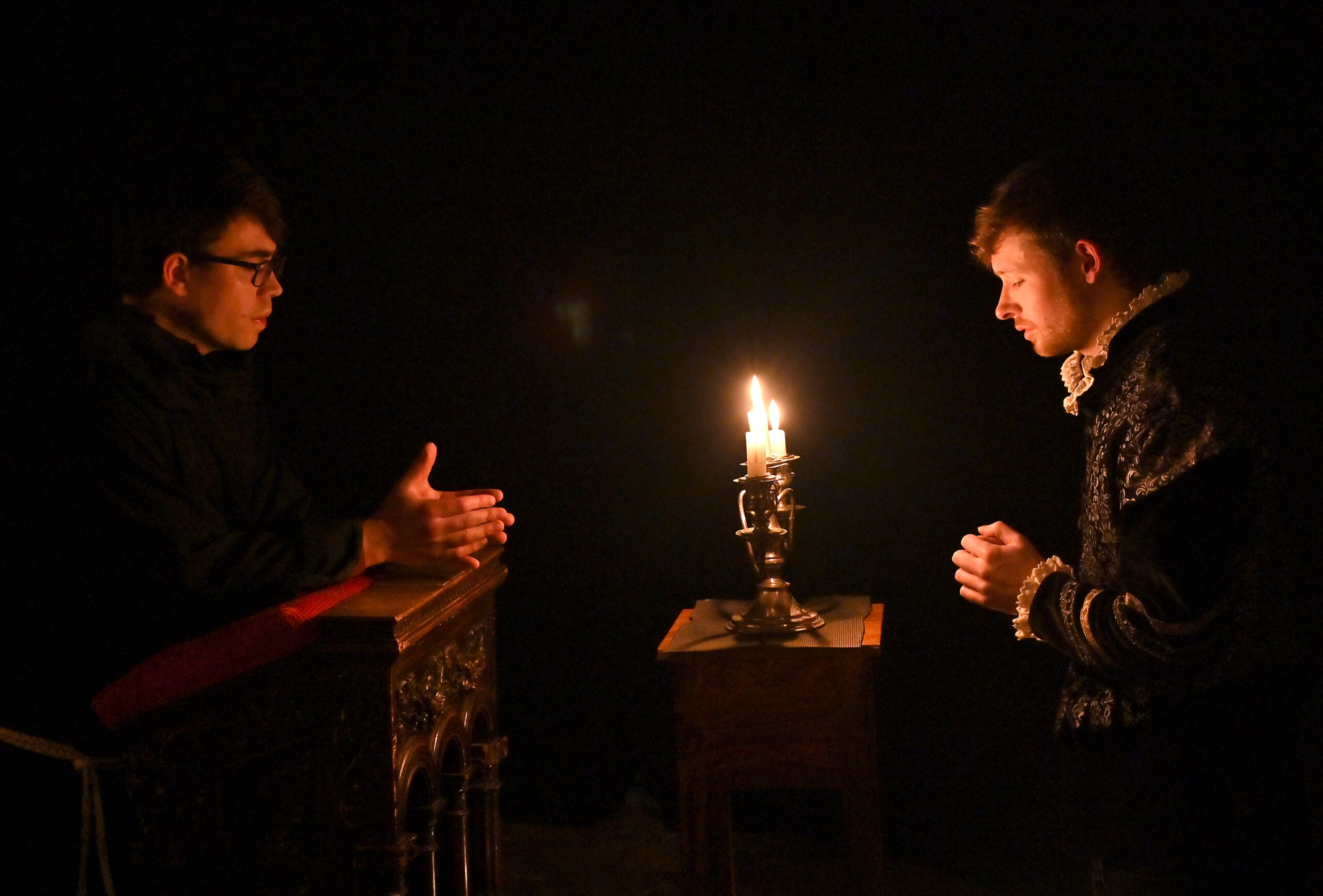
Read More
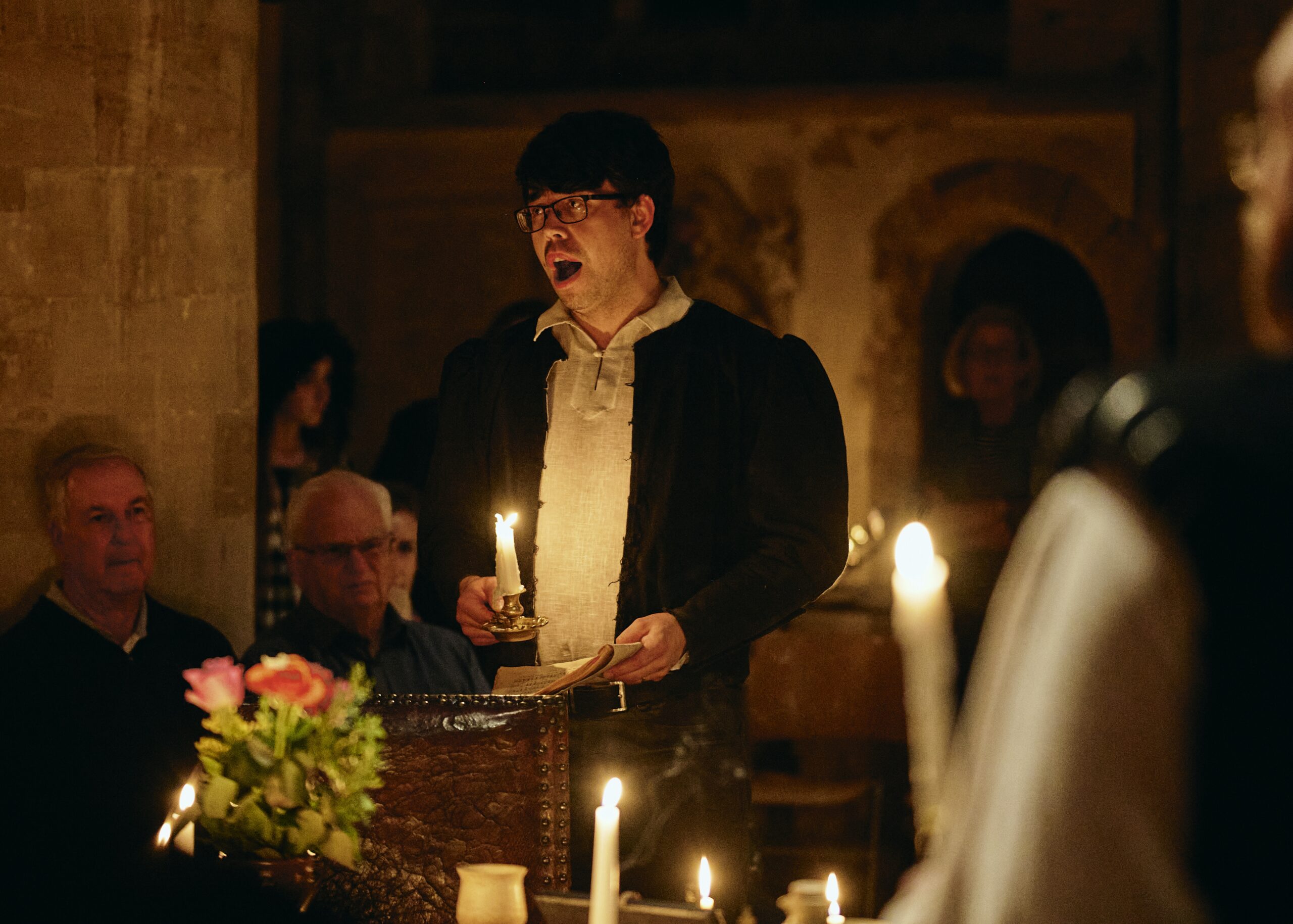
Read More
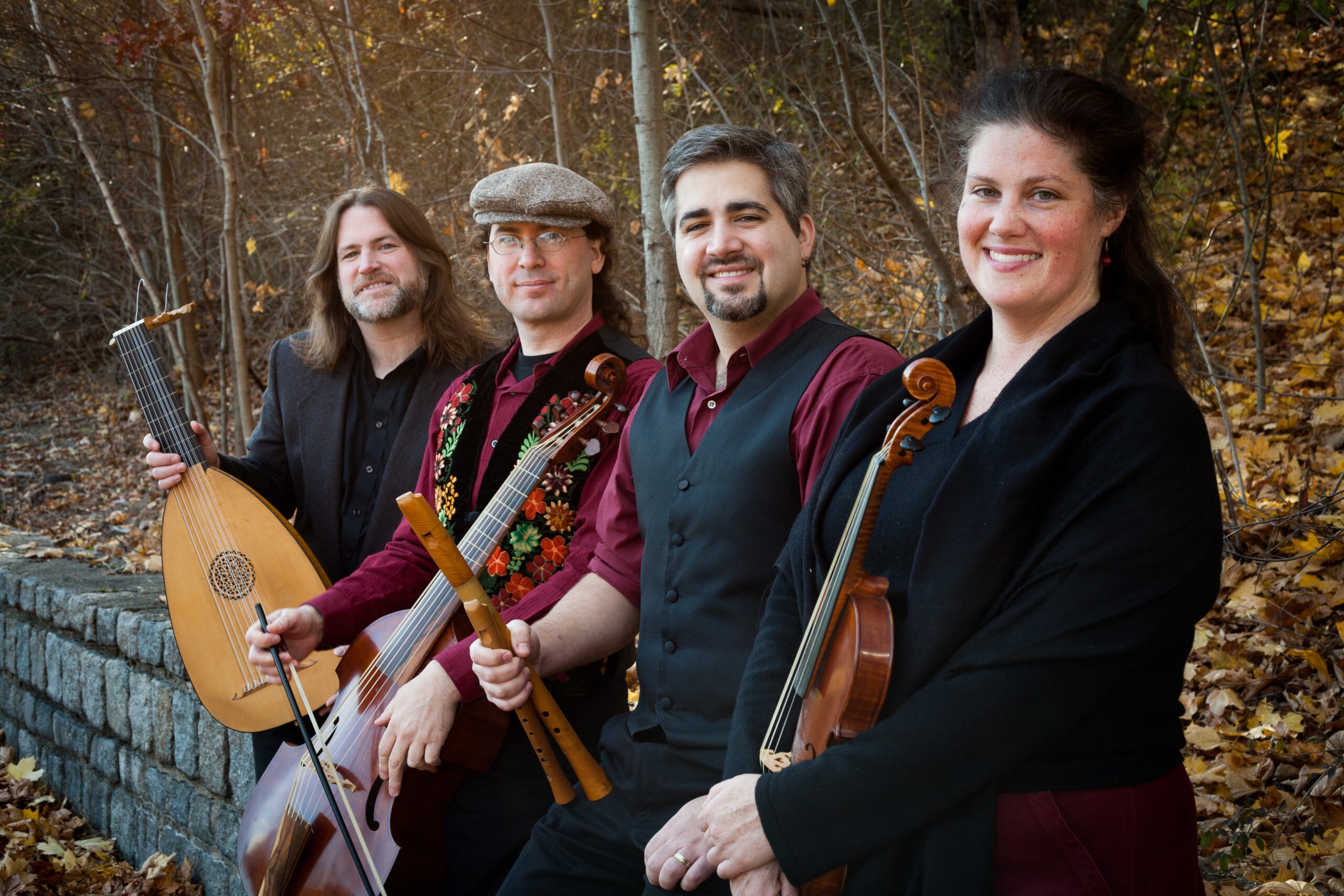
Read More

Read More

Read More
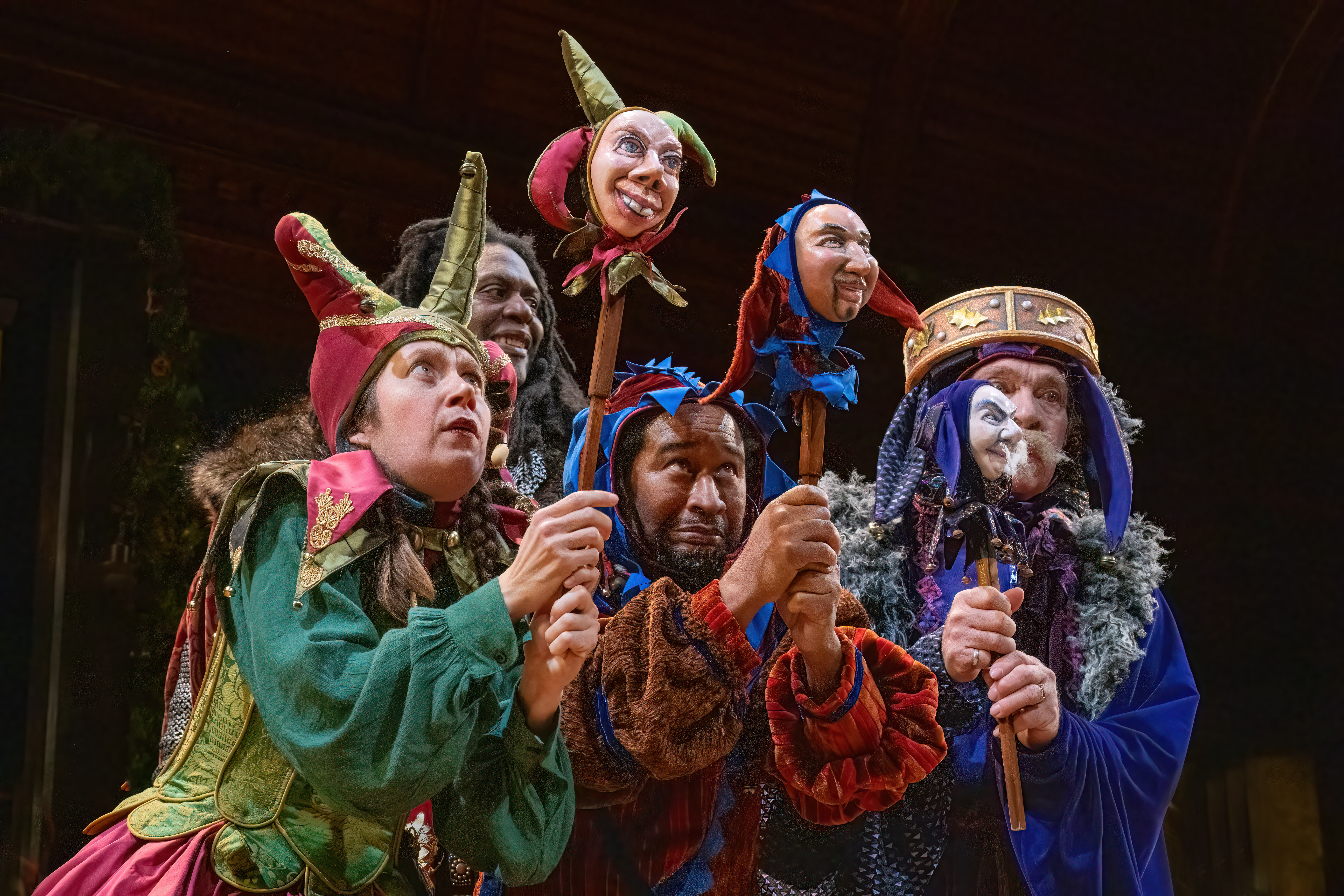
Read More
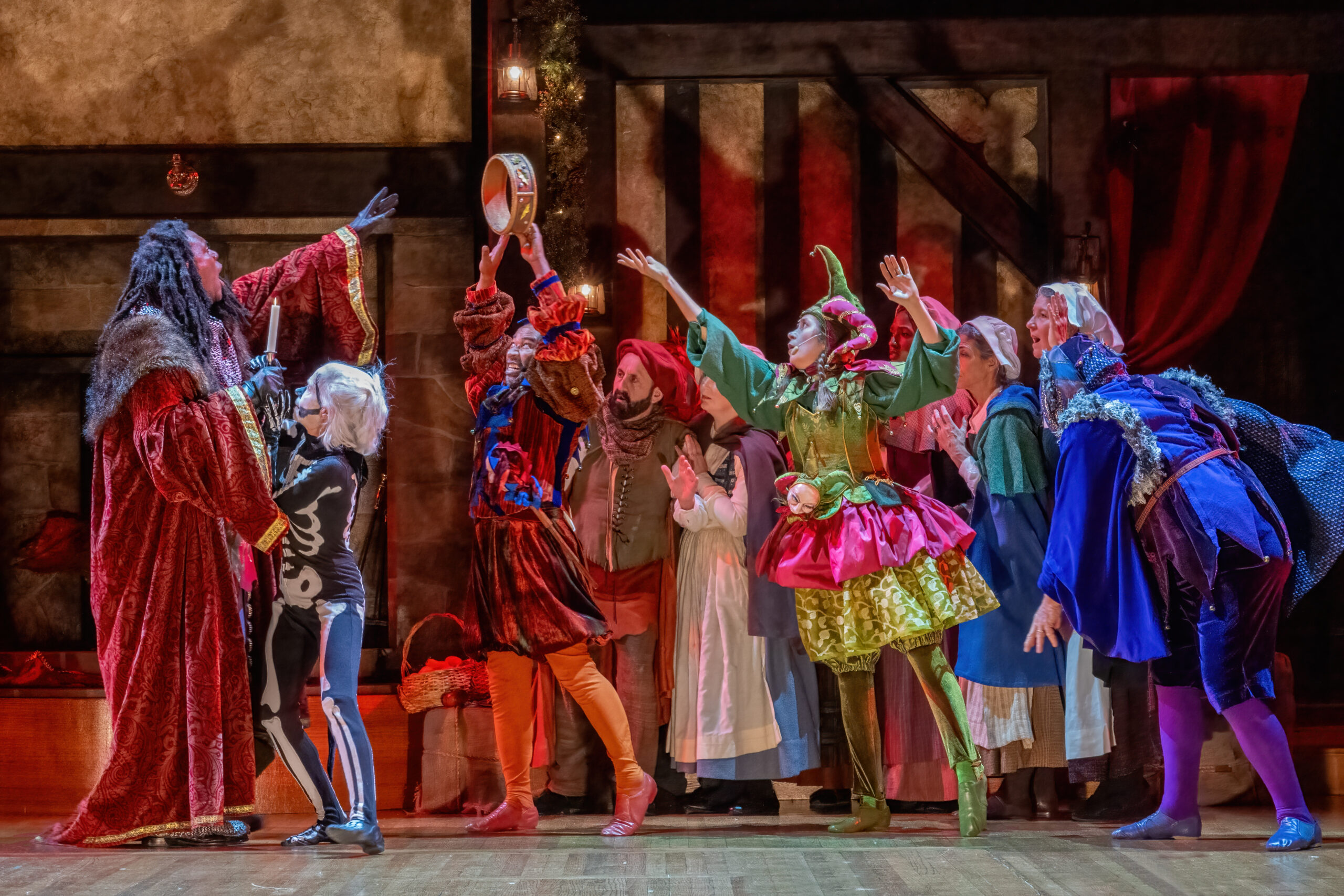
Read More
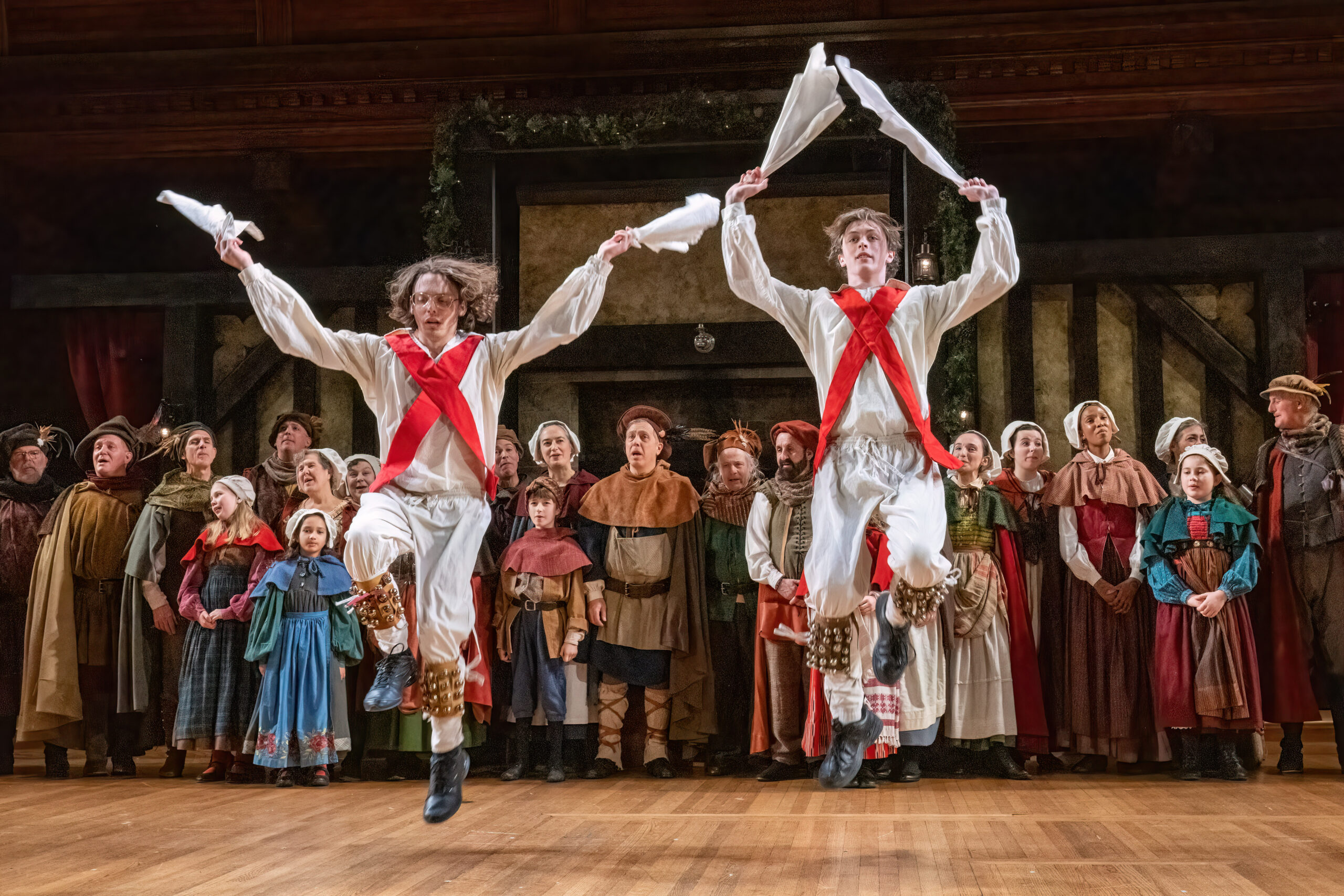
Read More
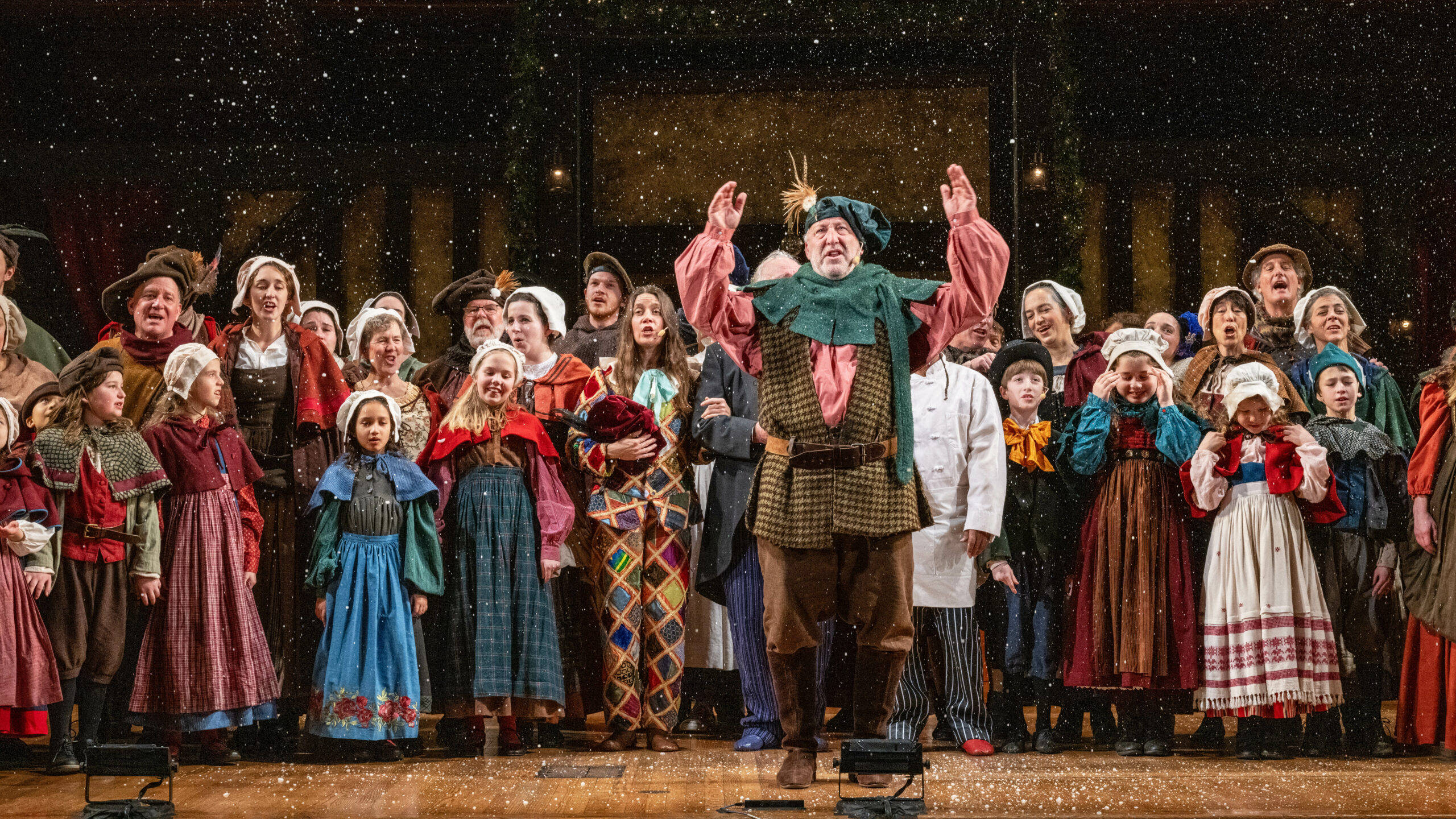
Read More

Read More

Read More

Read More

Read More
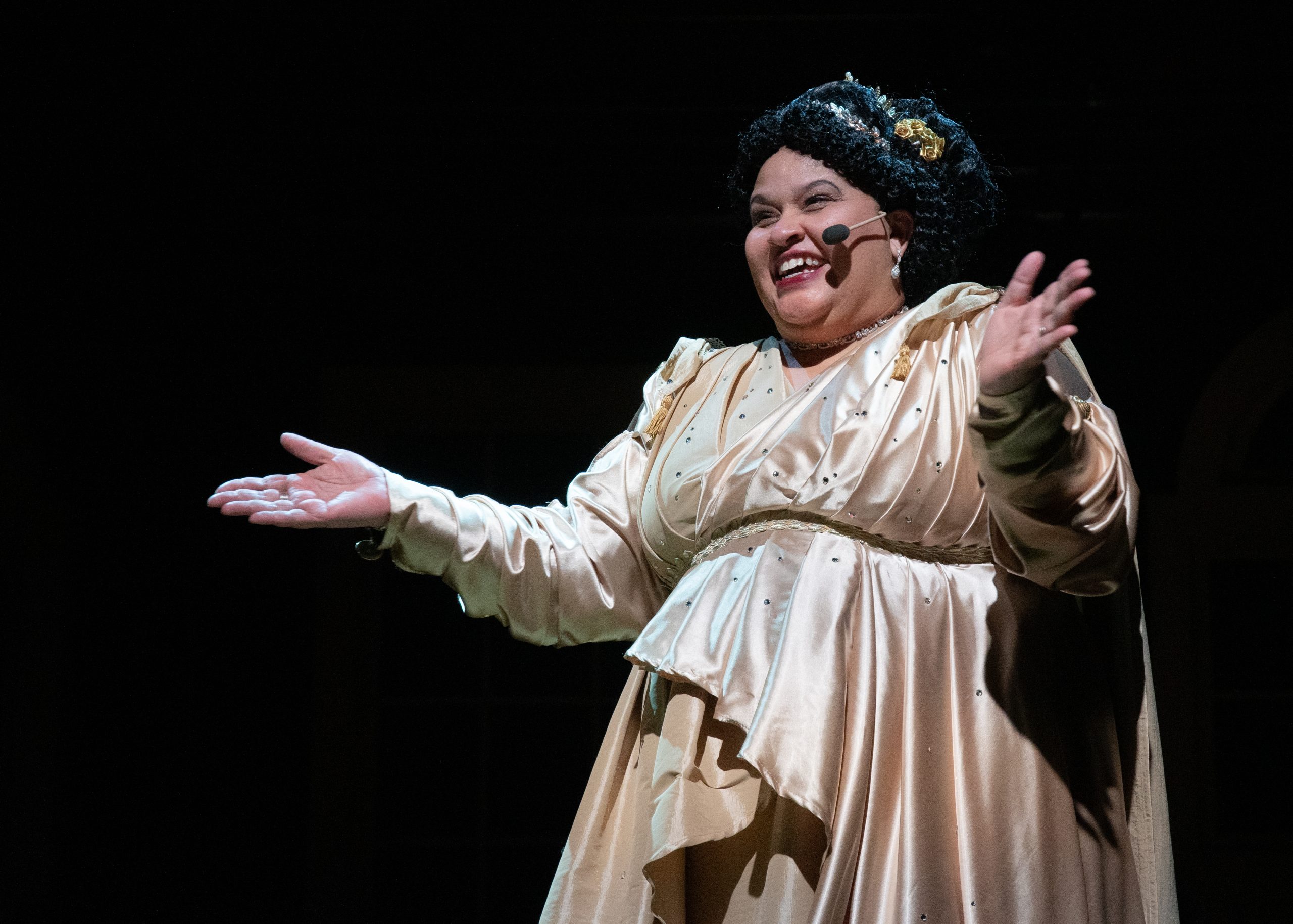
Read More
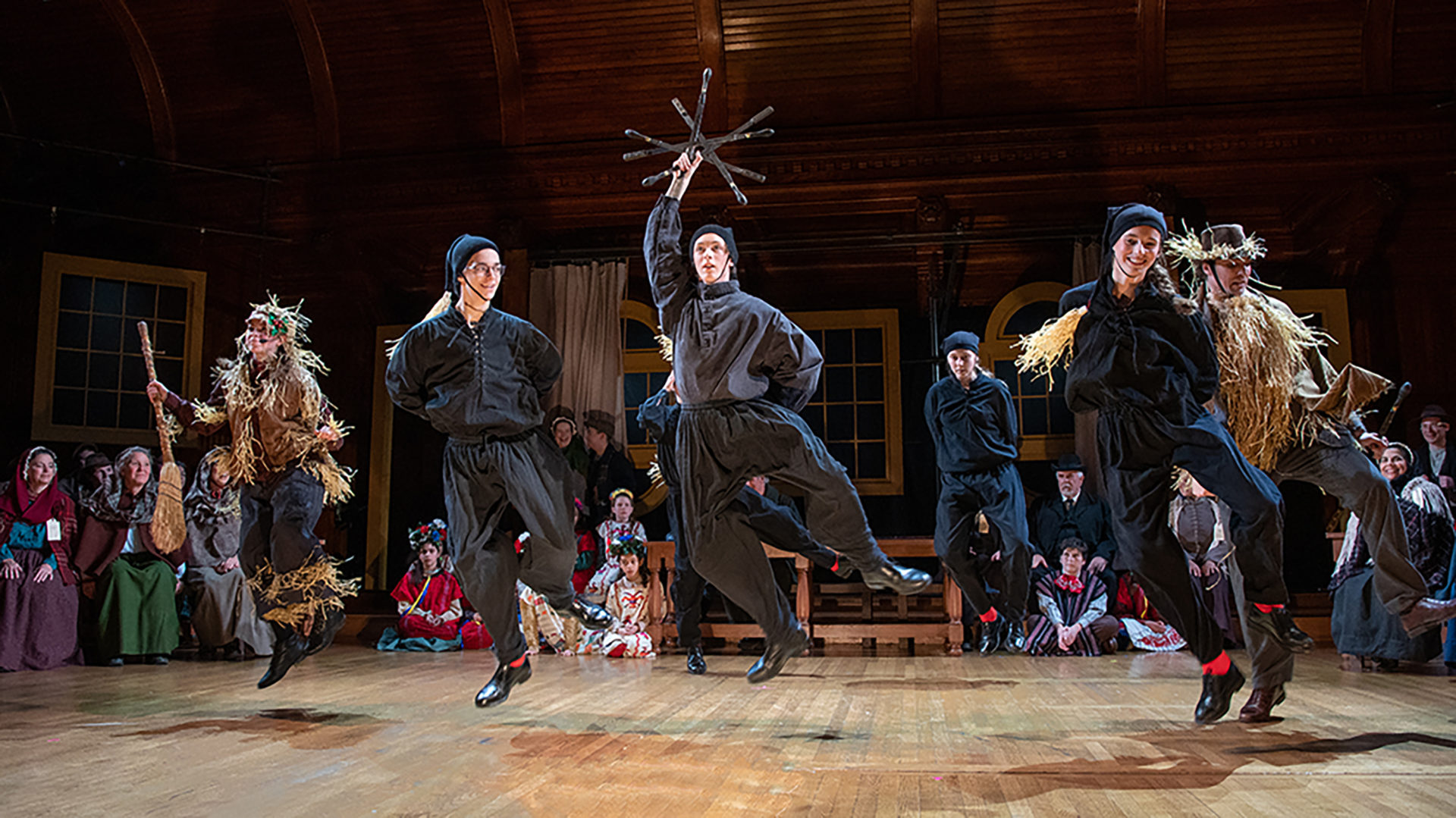
Read More
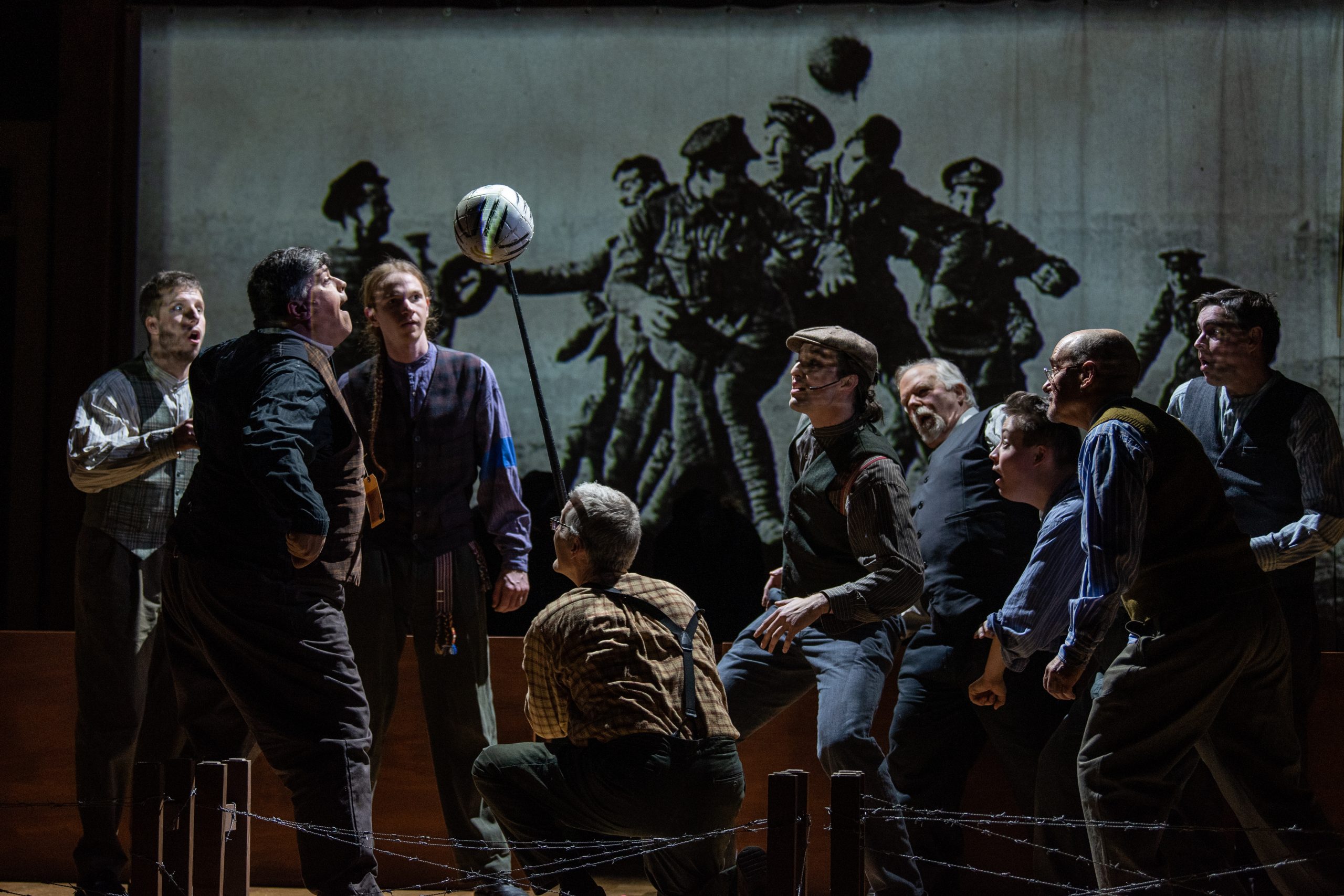
Read More

Read More

Read More
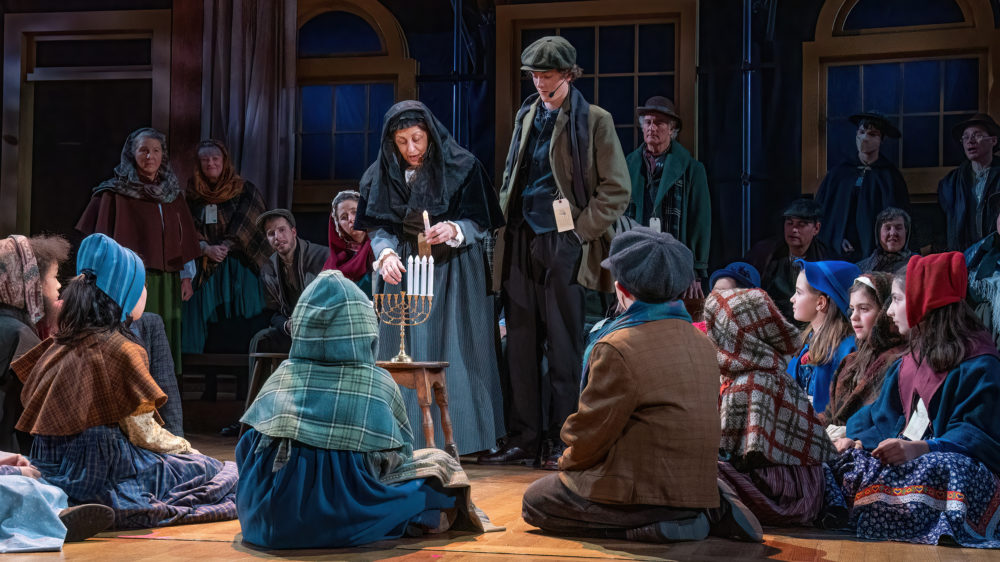
Read More

Read More
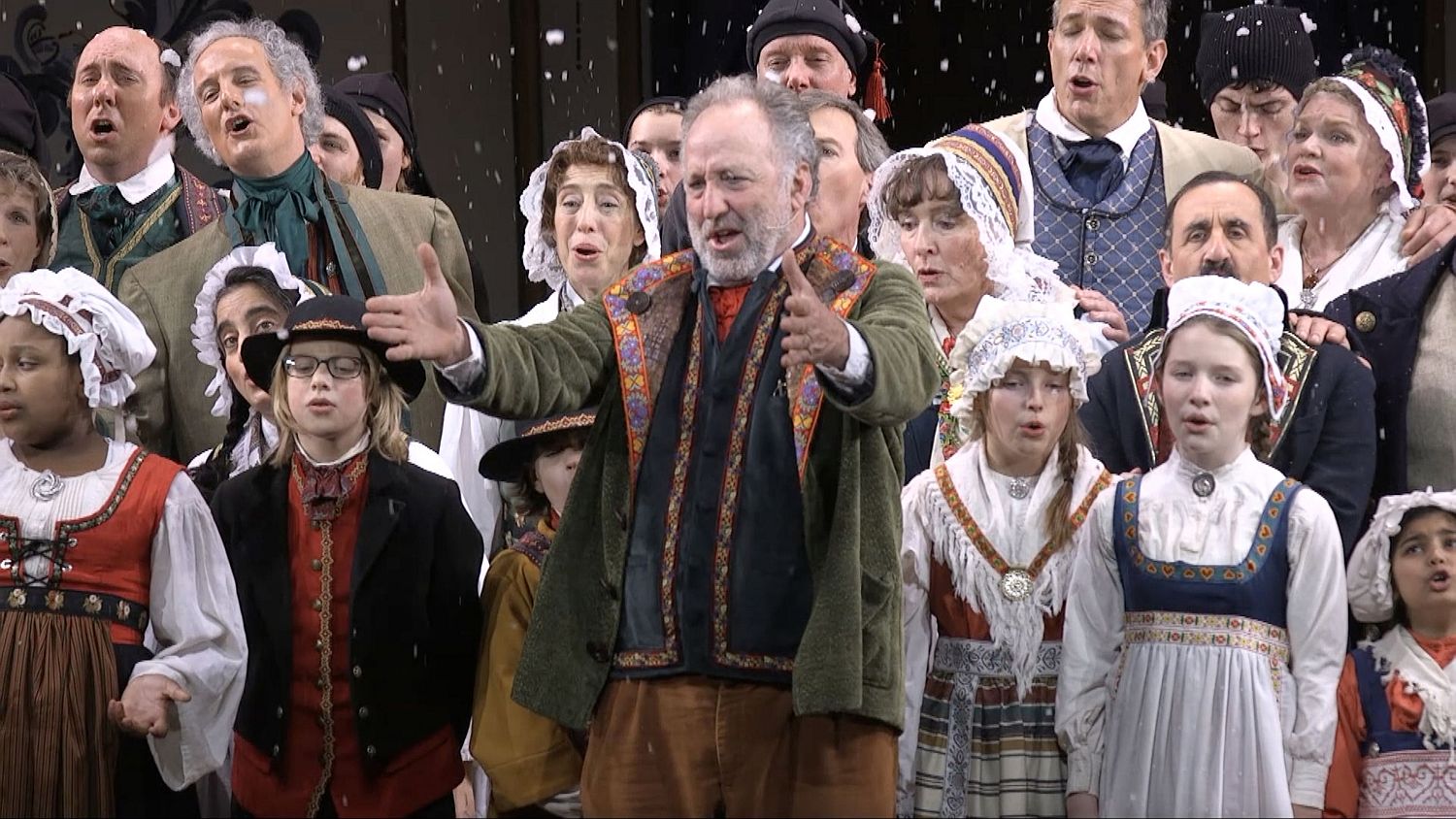
Read More

Read More

Read More

Read More

Read More

Read More
Read More
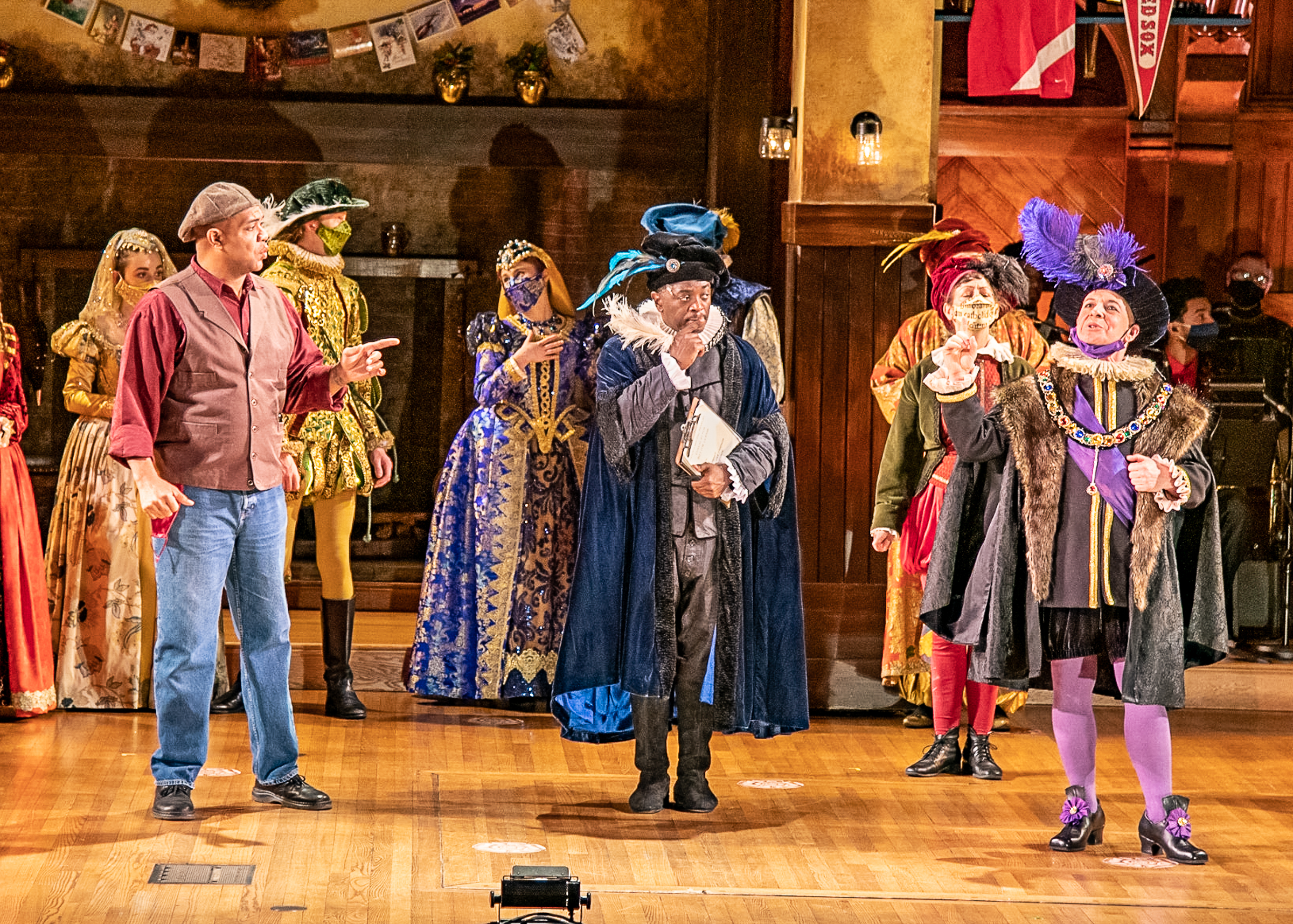
Read More

Read More
Read More

Read More

Read More

Read More
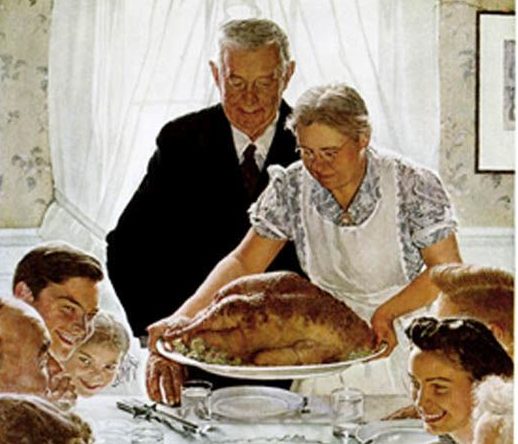
Read More
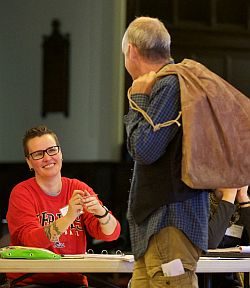
Read More

Read More
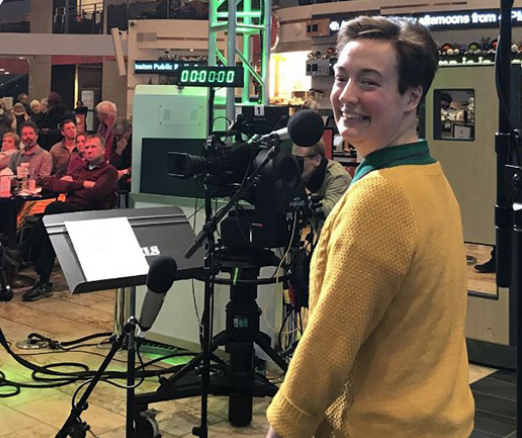
Read More

Read More
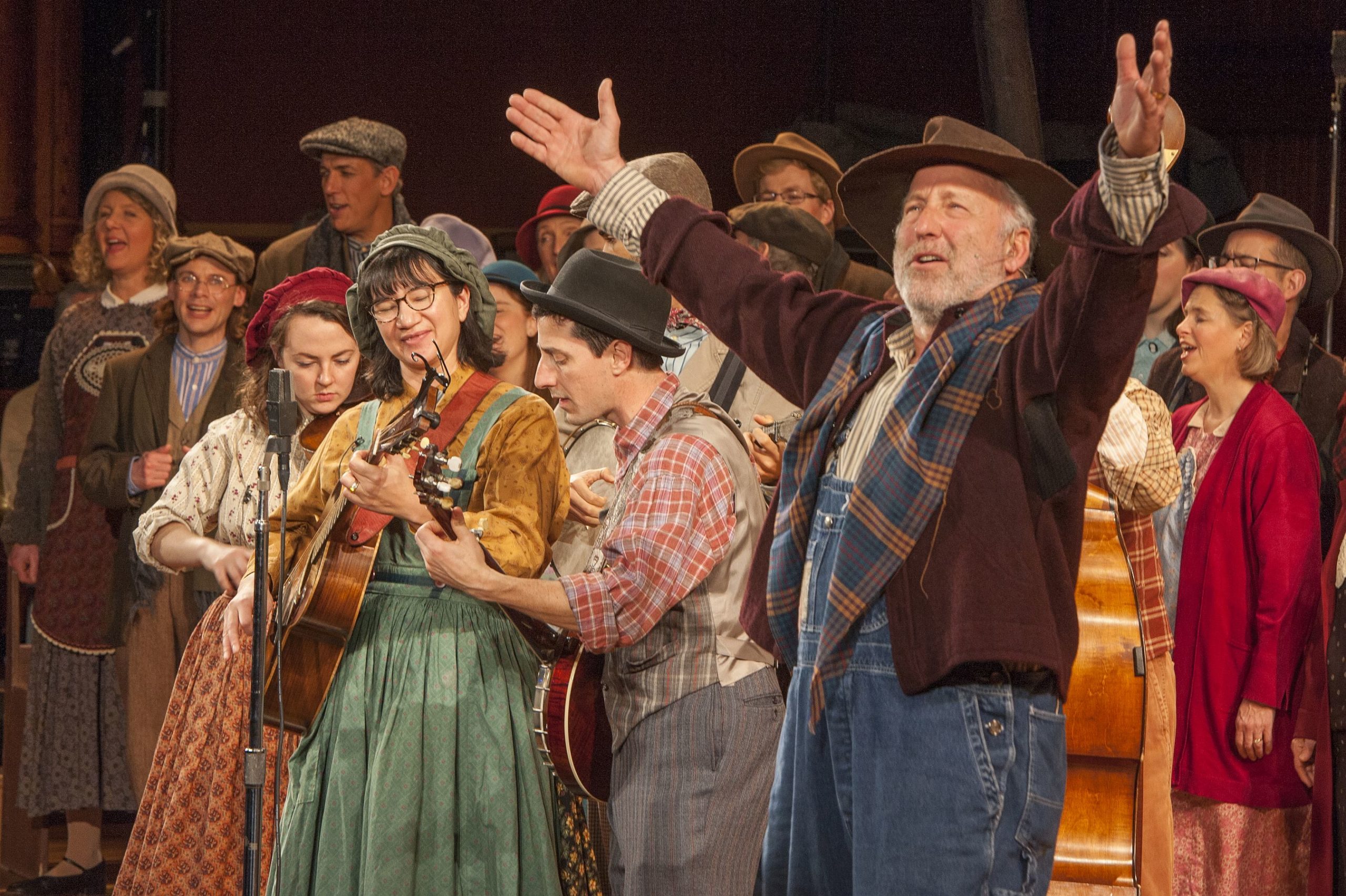
Read More
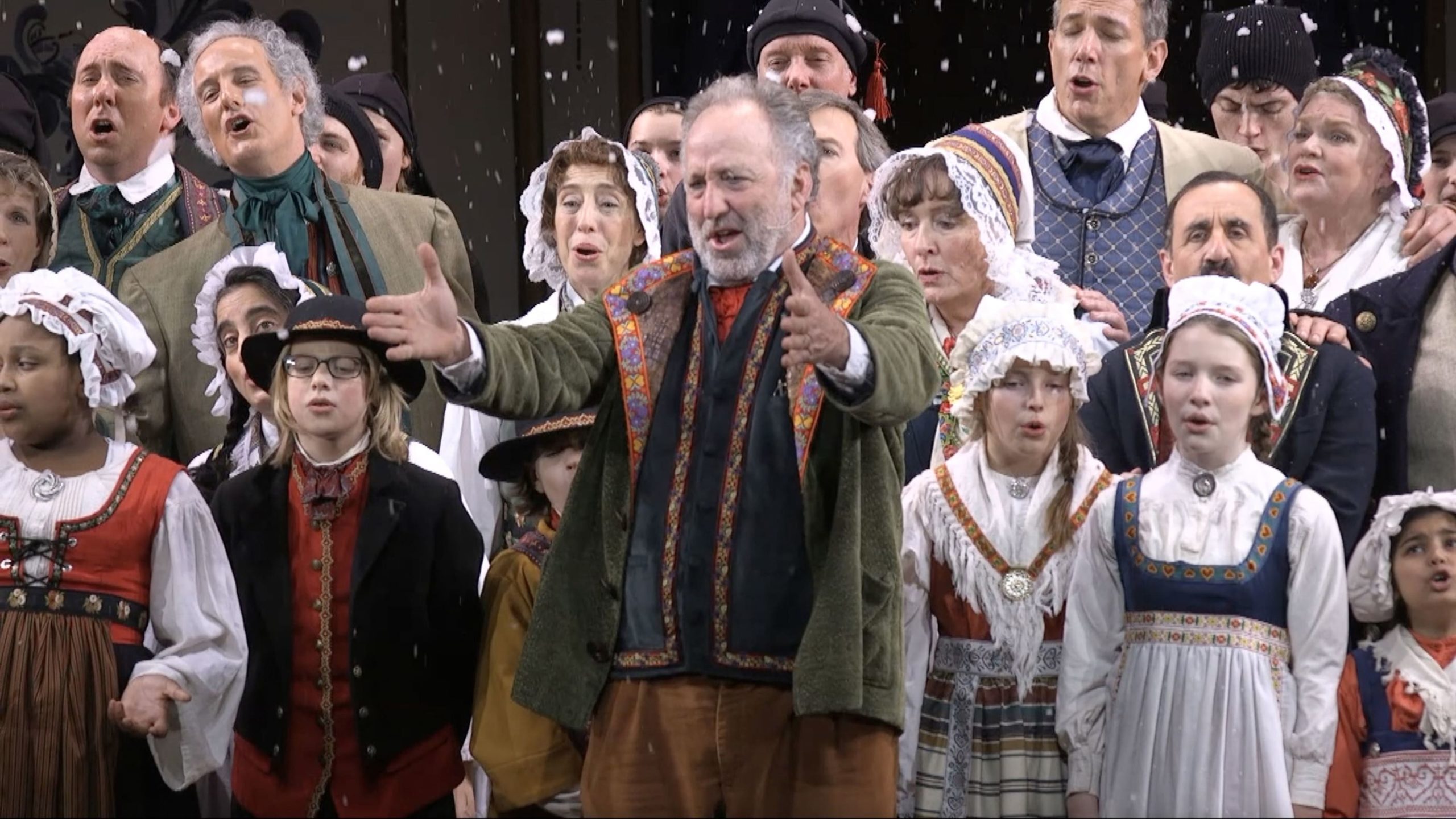
Read More
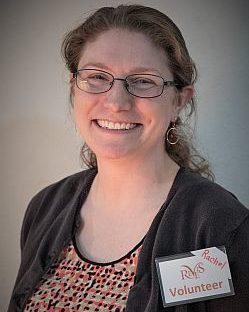
Read More
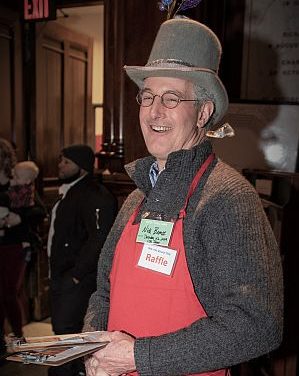
Read More
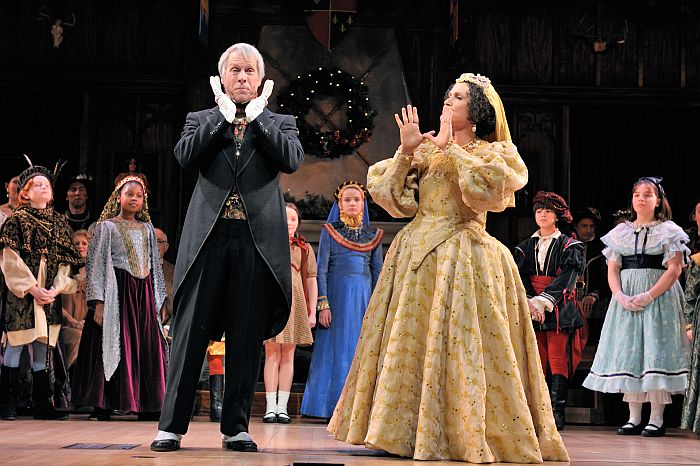
Read More
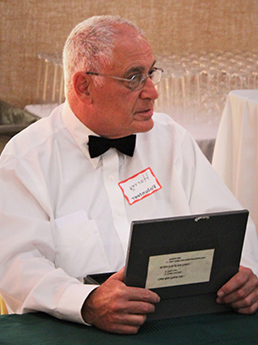
Read More
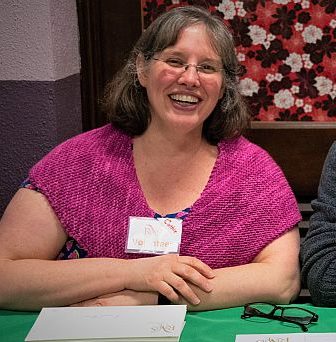
Read More
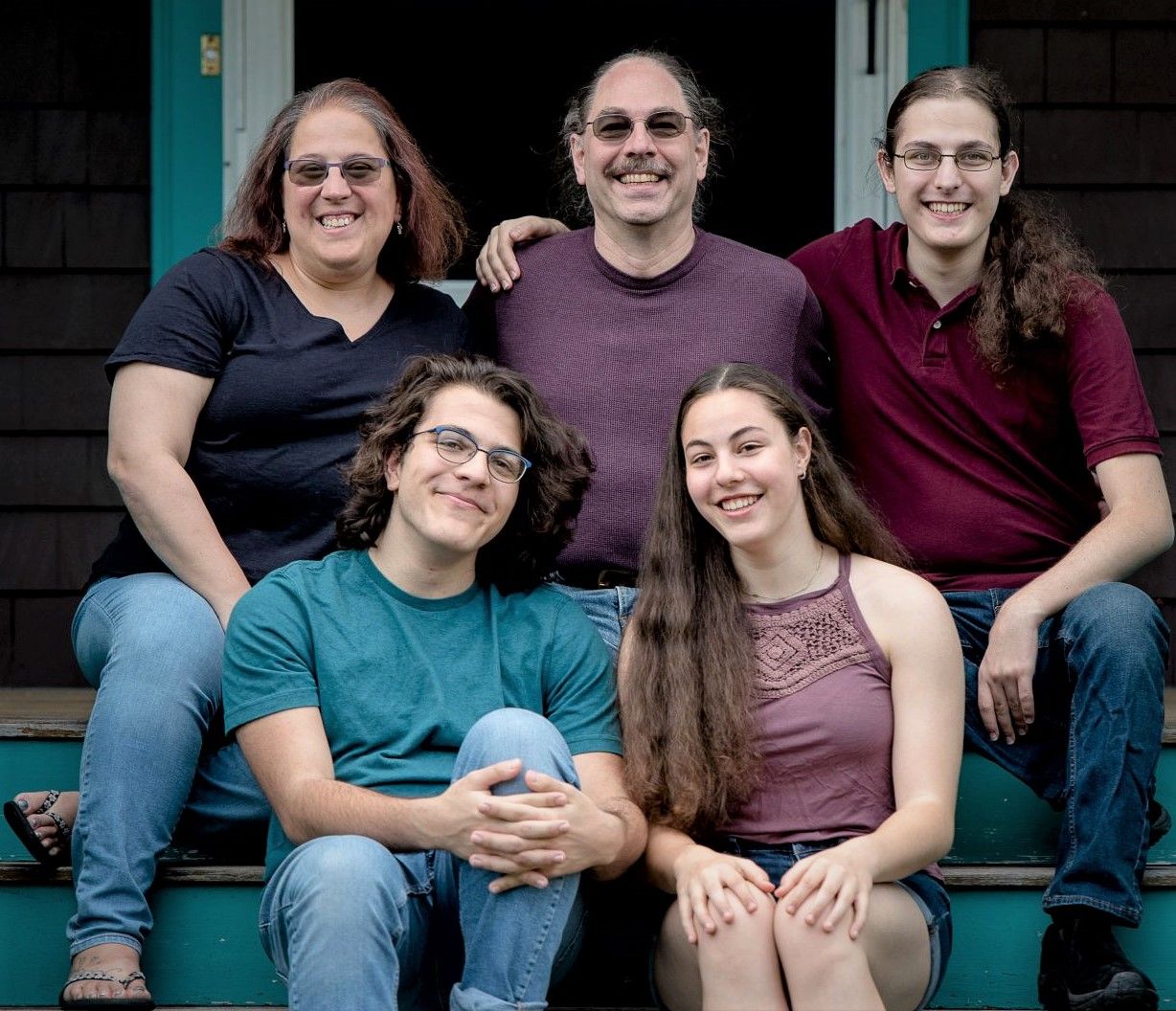
Read More
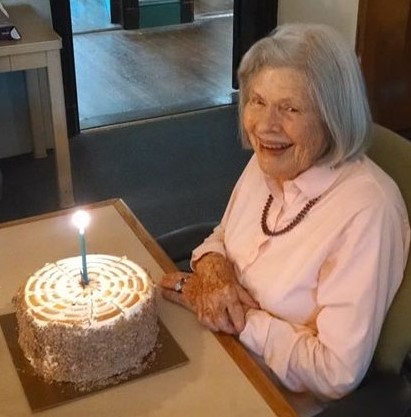
Read More

Read More

Read More

Read More
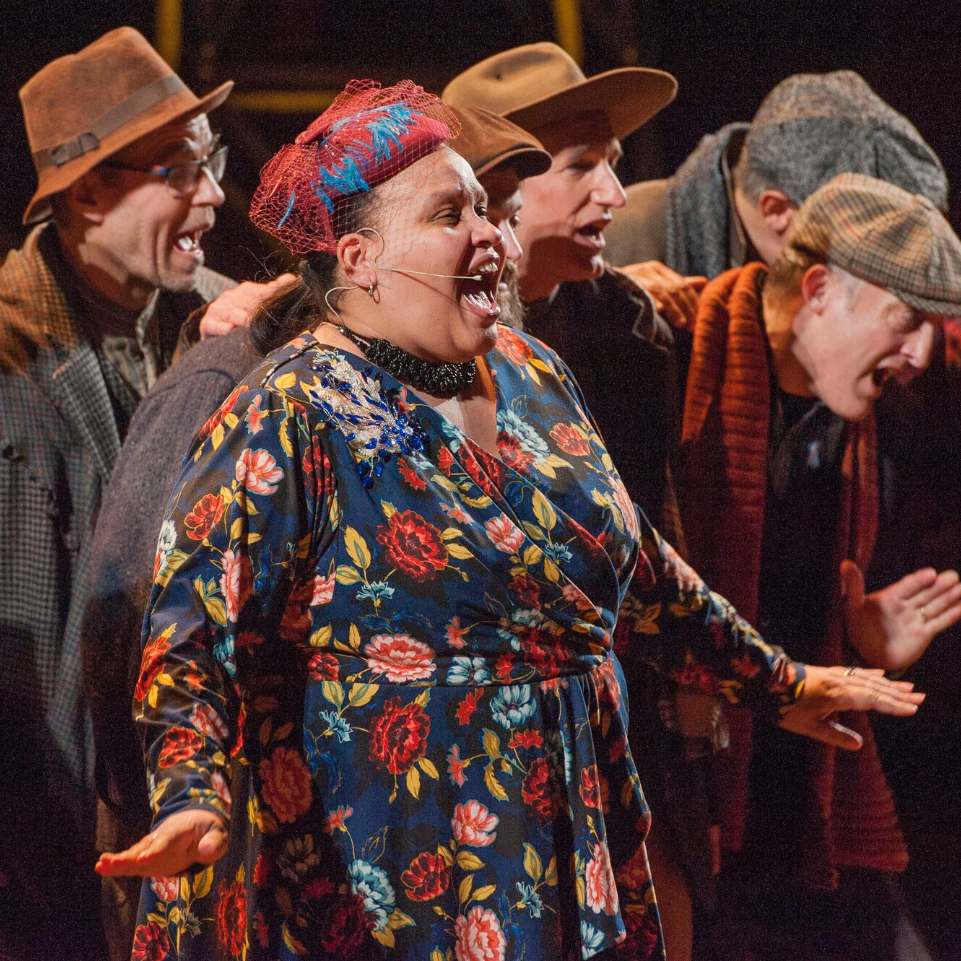
Read More

Read More

Read More
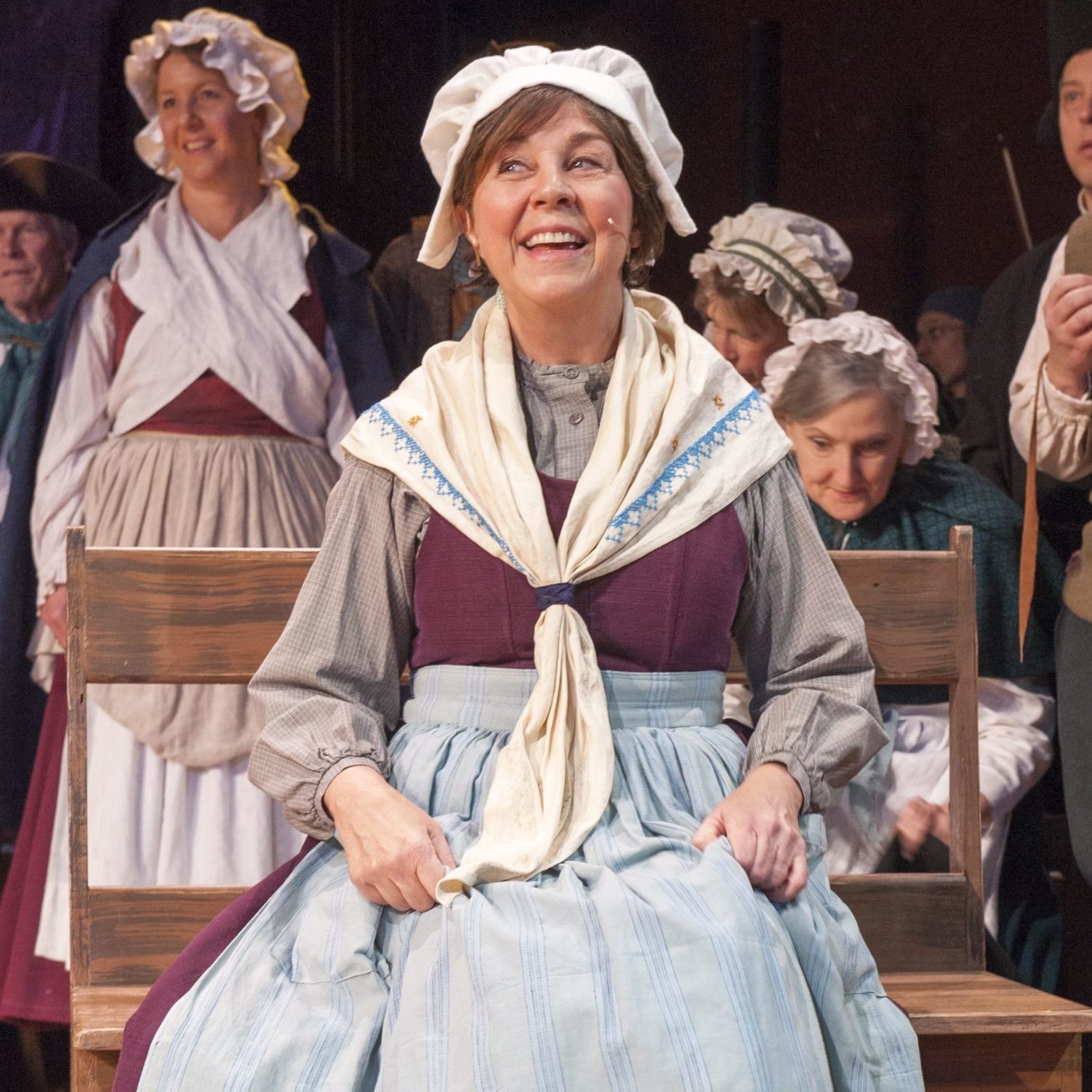
Read More
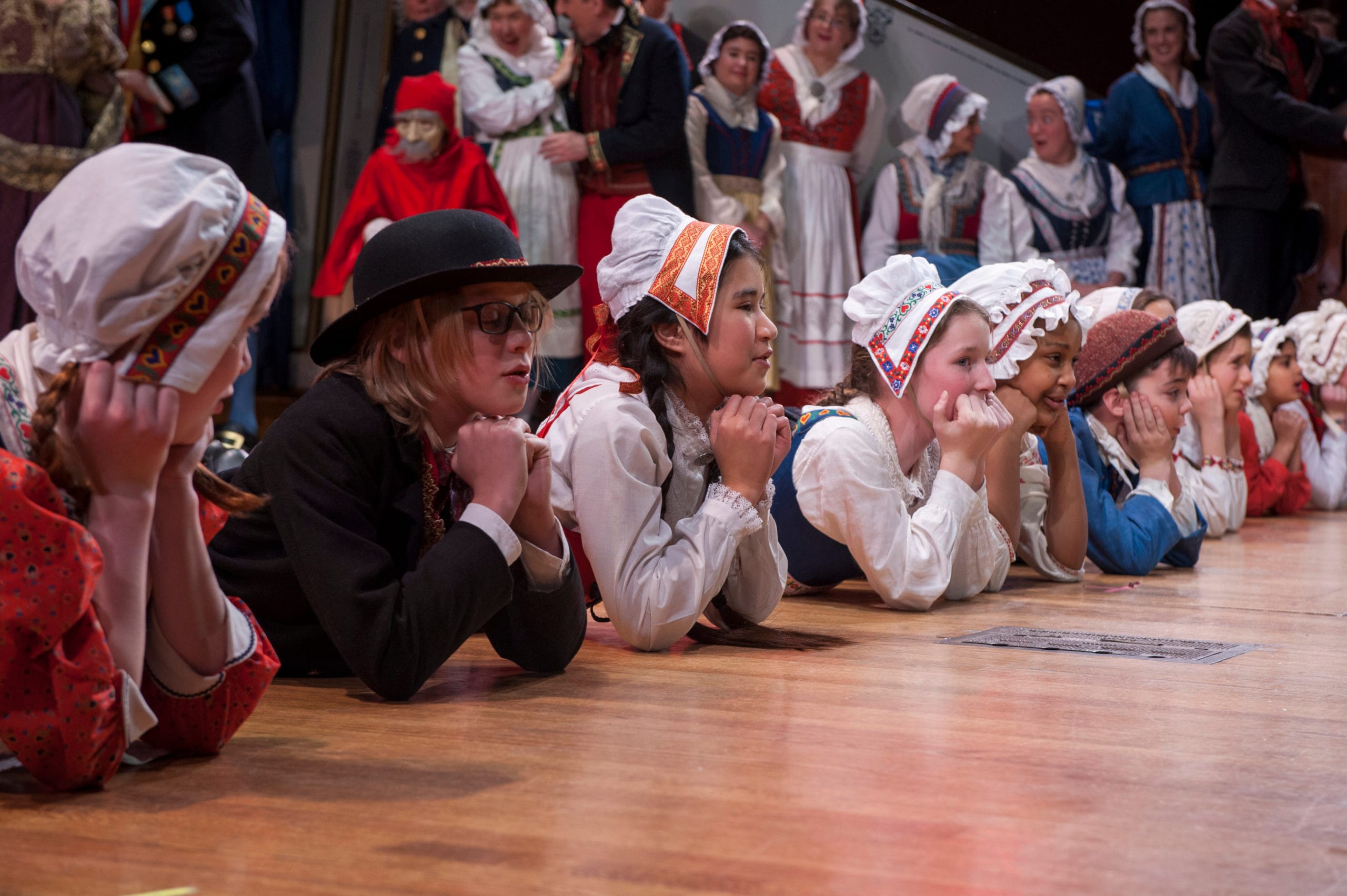
Read More

Read More

Read More

Read More

Read More

Read More
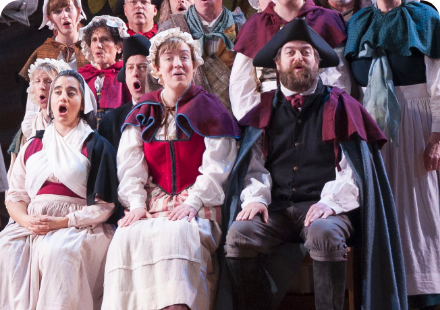
Read More

Read More

Read More

Read More

Read More

Read More

Read More

Read More

Read More

Read More

Read More
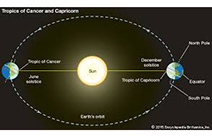
Read More

Read More

Read More

Read More

Read More

Read More

Read More
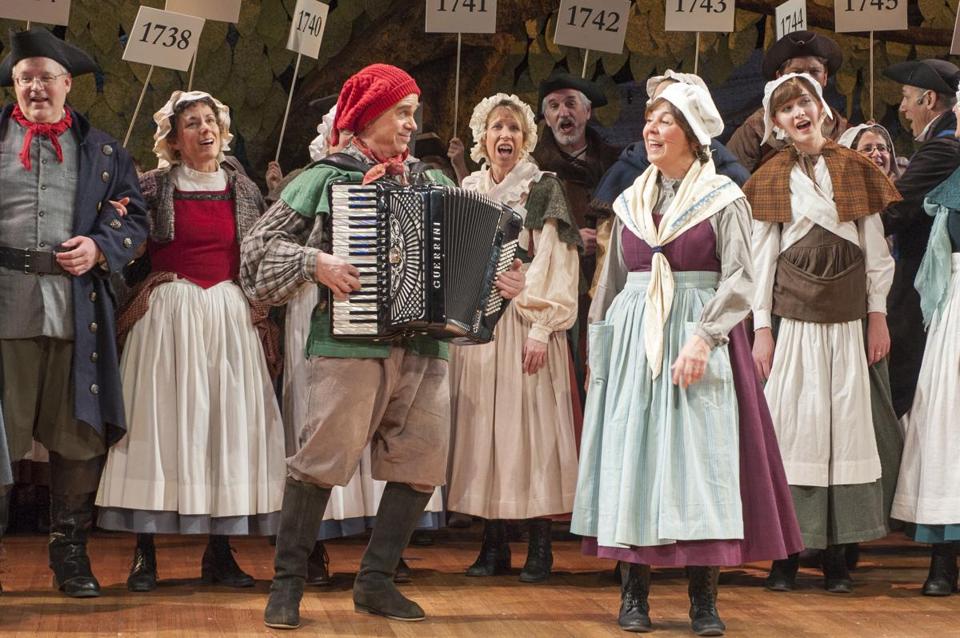
Read More

Read More

Read More

Read More
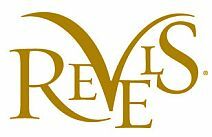
Read More
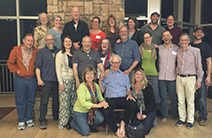
Read More

Read More

Read More
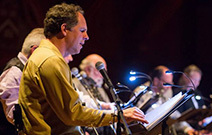
Read More
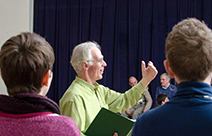
Read More

Read More
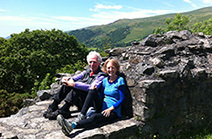
Read More
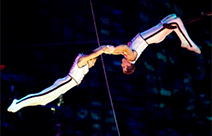
Read More

Read More
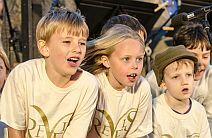
Read More
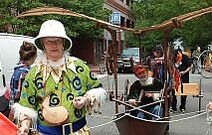
Read More

Read More

Read More
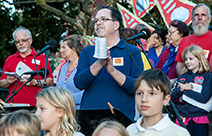
Read More

Read More

Read More

Read More

Read More

Read More

Read More

Read More

Read More

Read More

Read More

Read More

Read More

Read More

Read More
